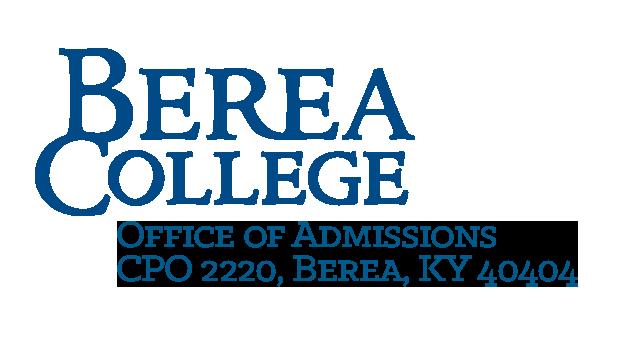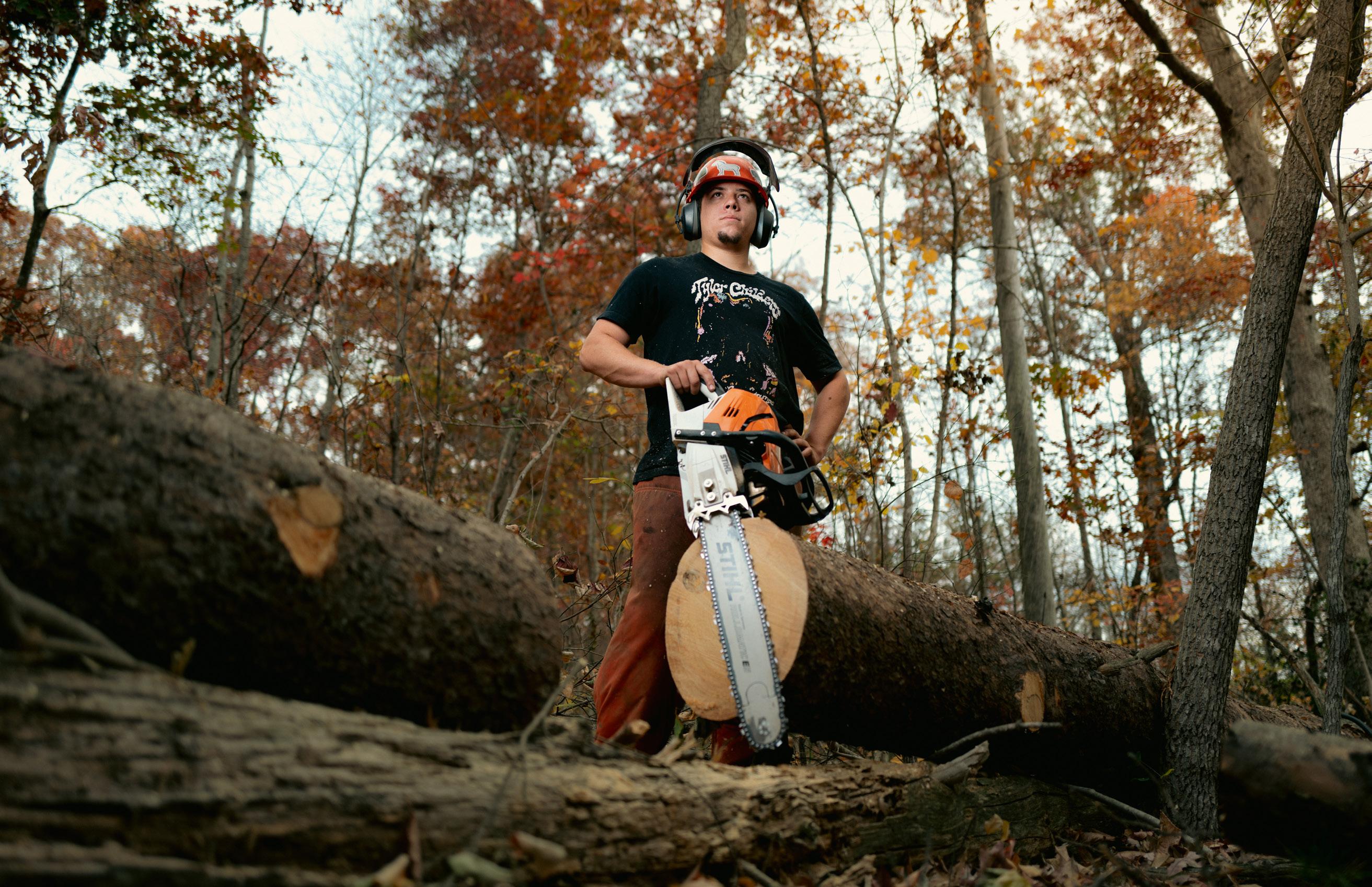SINCE DAY 1
CommittedtoInterracialEducationsince1855





Stats on this page may have changed since time of printing. Find the latest stats here:

#1


CommittedtoInterracialEducationsince1855





Stats on this page may have changed since time of printing. Find the latest stats here:

#1



"Best Bang for the Buck in the Southern US"
- Washington Monthly #1
"Best Value College in the US"
- Wall Street Journal
Top 1%
"Best Liberal Arts Colleges"
- Washington Monthly
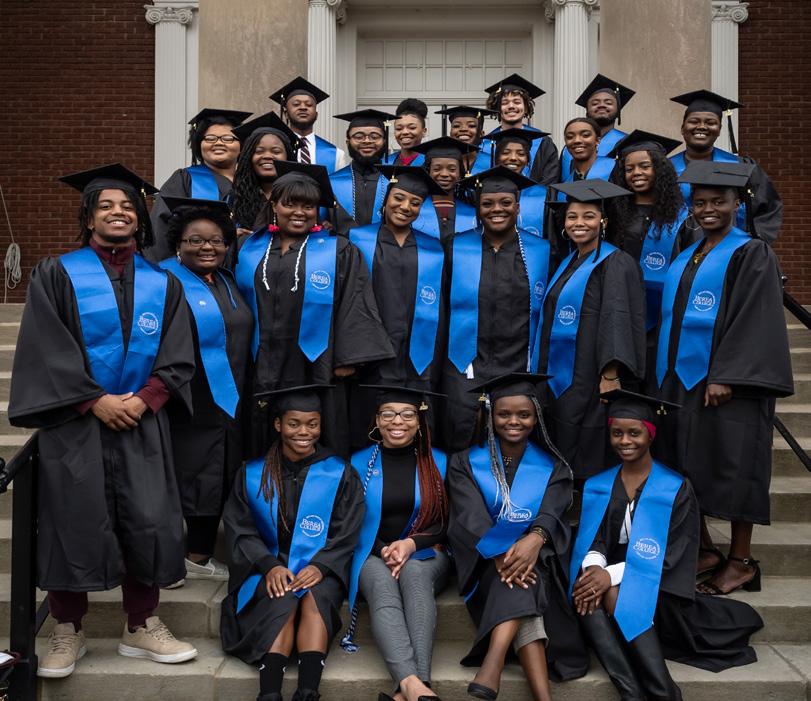
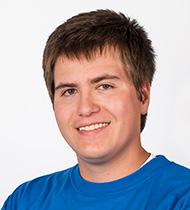
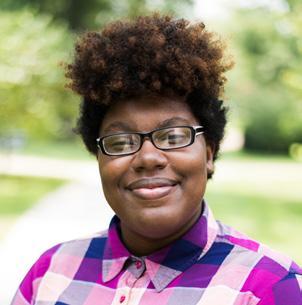
Berea College believes your income shouldn't limit your outcome. Because of our unique mission to serve highachieving students with limited financial resources, we are and have always been a college unlike any other.
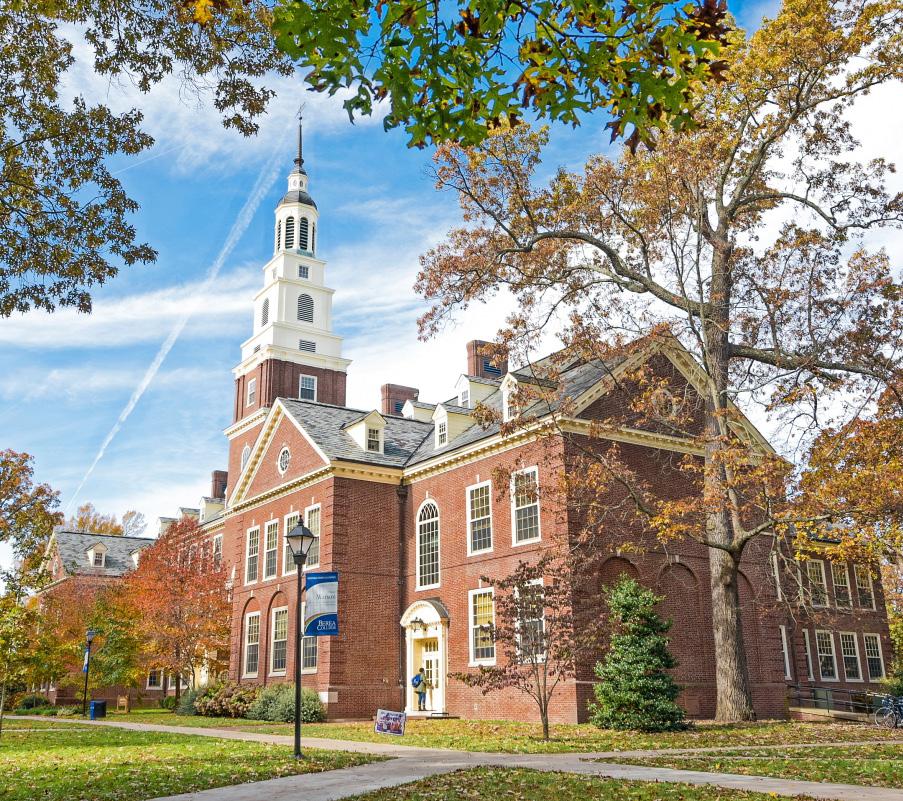
Your future is bright at Berea College.
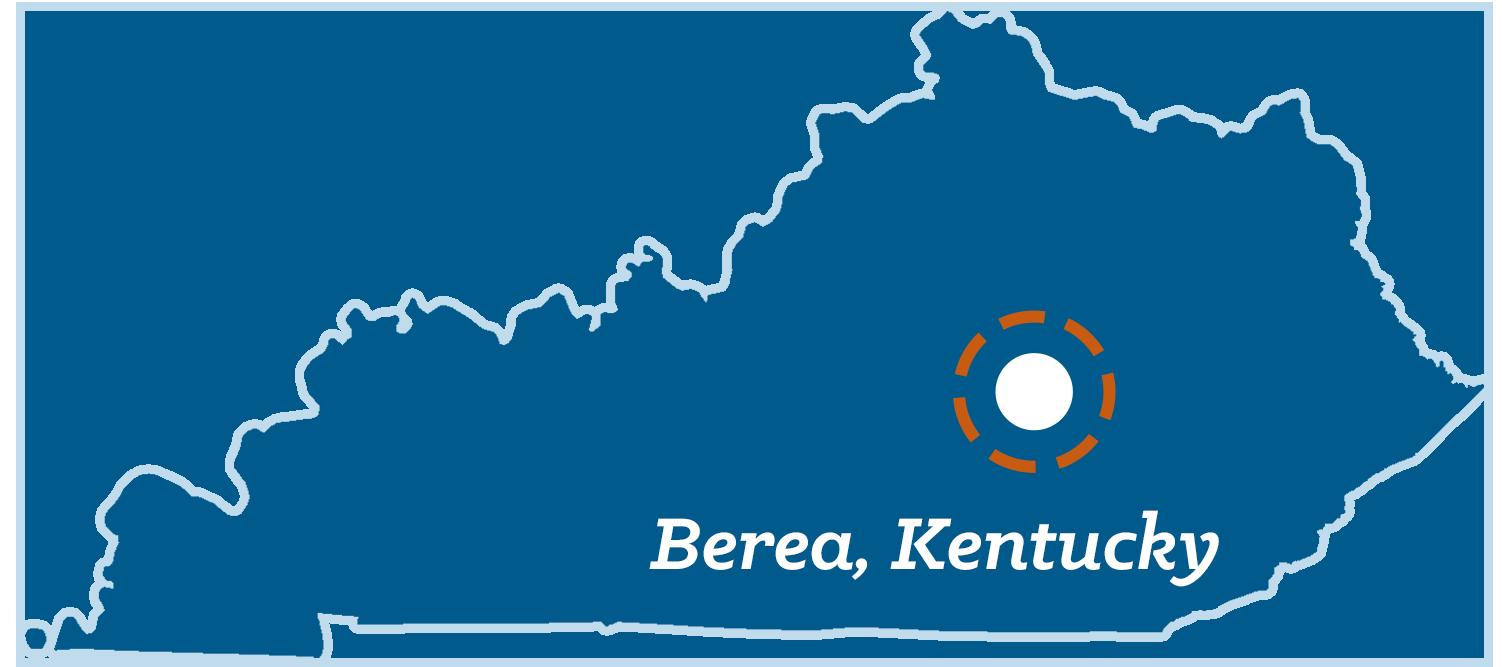
“I was convinced I could never afford to attend college and pursue my dreams—but then I found Berea. The No-Tuition Promise made the impossible possible for me and my family.”
- Seth from Hazard, Kentucky
“The possibilities for my future are endless. Berea’s No-Tuition Promise ensures my hard work is being rewarded, and helps my family in the process. It allows me to graduate with little to no debt and a bright future.”
- Shadia from Knoxville, TN

47% of Berea Grads study abroad.
1,400+ 60+
125+ 14 47% 100%
number of total students enrolled at Berea. departments from which students can choose to work. areas of study.
id the average number of students in each class. of students identify as a person of color. of students don't pay tuition.
African and African American Studies
Agriculture and Natural Resources
Appalachian Studies
Applied Math and Science
Art: History & Art: Studio
Asian Studies
Biology
Broadcast Journalism
Business
Chemistry
Child and Family Studies
Classical Studies
Communication
Computer and Information Science
Creative Writing
Dance
Digital Media
Economics
Education Studies
(Includes 14 certification programs)
Engineering Technologies and Applied Design
English
Film Production
Forest Resource Management
French
German
Health and Human Performance
Health Studies
History
Law, Ethics, and Society
Mathematics
Music
Nursing
Peace and Social Justice Studies
Philosophy
Physics
Political Science
Psychology


PRE-PROFESSIONAL PROGRAMS
Pre-Engineering
Pre-Law
Pre-Medical/Dental
Pre-Pharmacy
Pre-Veterinary
Social Work (Child & Family Studies)
LANGUAGES AVAILABLE
Chinese
French
German
Japanese Latin Spanish

CREATE YOUR OWN APPROVED MAJOR, SUCH AS: Anthropological Archaeology
Biomedical Sciences
Film and Video Studies
Outdoor Education & Recreation
Neuroscience
Sustainable Environmental Studies
WOMEN'S
Basketball
Cross Country
Soccer
Softball
Tennis
Track & Field
Volleyball
MEN'S
Religion
Studies of Religions and Spirituality
Baseball Basketball
Sociology
Sociology
Spanish
Sustainability and Environmental Studies
Theatre
Women’s and Gender Studies
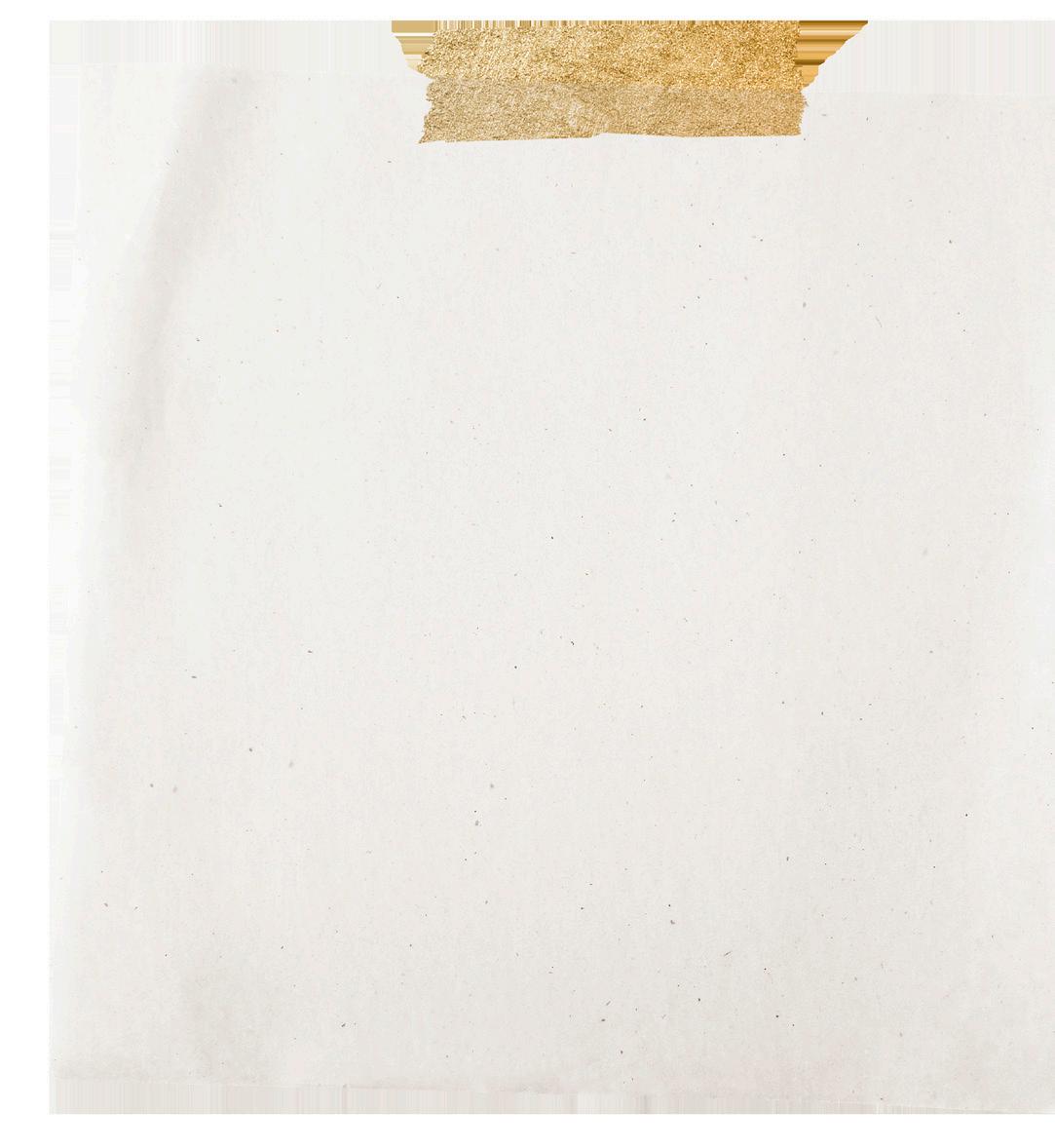
Cross
Golf
Soccer
Tennis
Track & Field
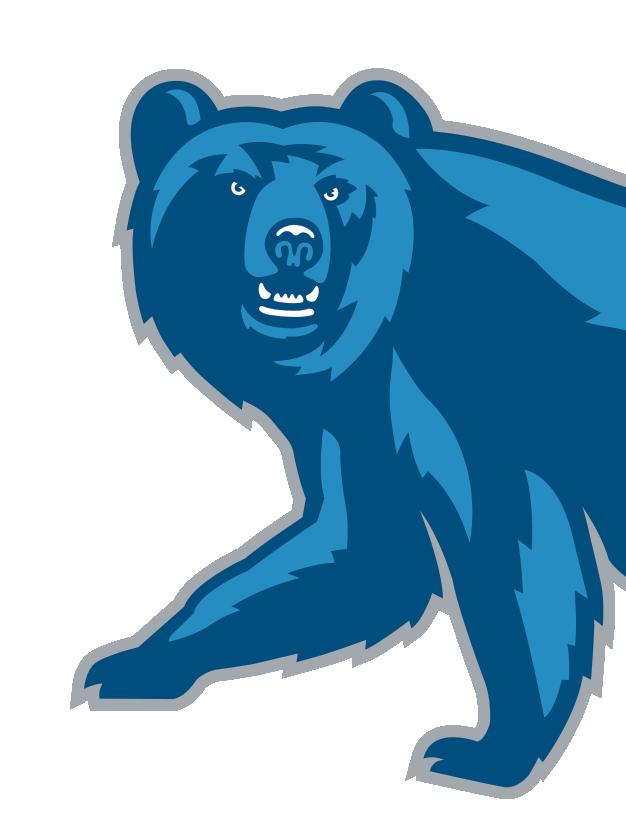
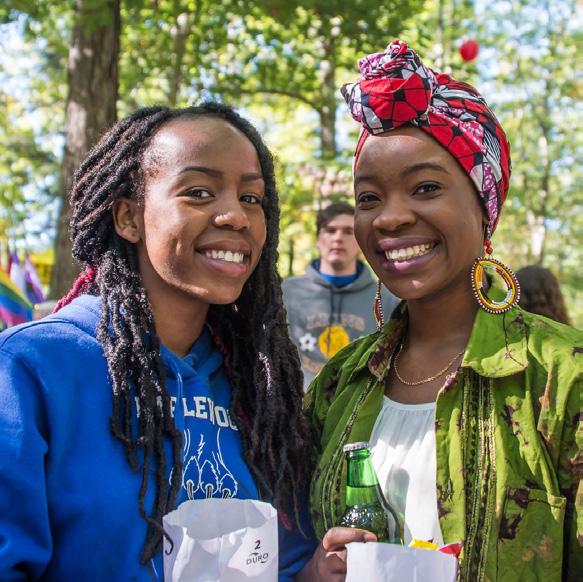
Sisterhood of Queens United Among Diasporas provides space for young Black and Brown women to feel included, empowered, and celebrated. Students are mentored to learn the key principles of self-love, authenticity, resilience, respect, and camaraderie.
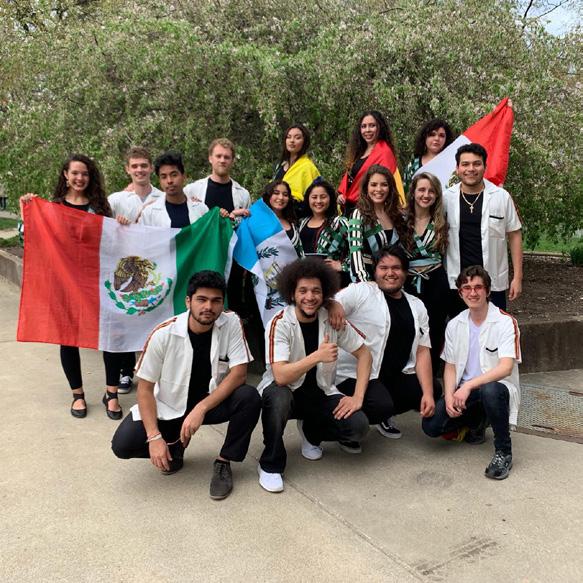
A dance club that promotes Latinx dances on campus as well as in the community. The group enriches the understanding and immersion of Latin American dancing, heritage, and culture through lessons, performances, workshops, and activities.
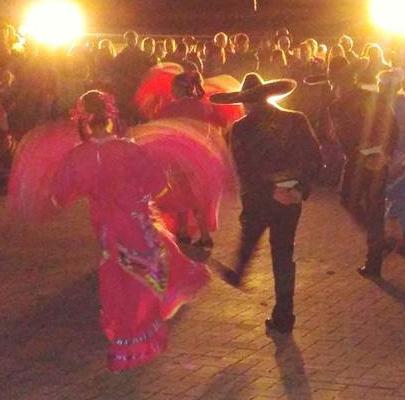
HOP aims to build bridges among the Spanish-speaking and English-speaking residents of Madison County. Volunteers offer translation services, as well as Spanish classes at local elementary schools and English as a Second Language (ESL) tutoring for Spanish-speaking adults.
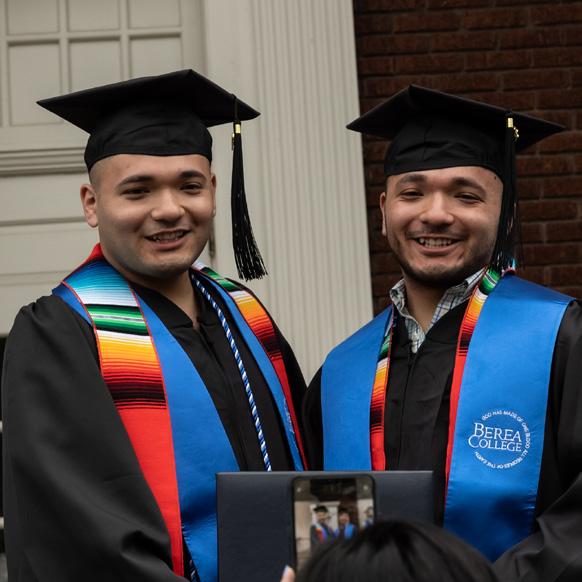
The initiative highlights campus resources for Latino men, addresses challenges and forms opportunities in higher education, and offers a space to recognize and celebrate cultural identities in combination mentorship support and peer solidarity.
62% of Berea College students
graduate debt free. Every student gets a scholarship that covers
tution and we and keep room, board, and other fees low or (even $0) depending on your family’s finances.
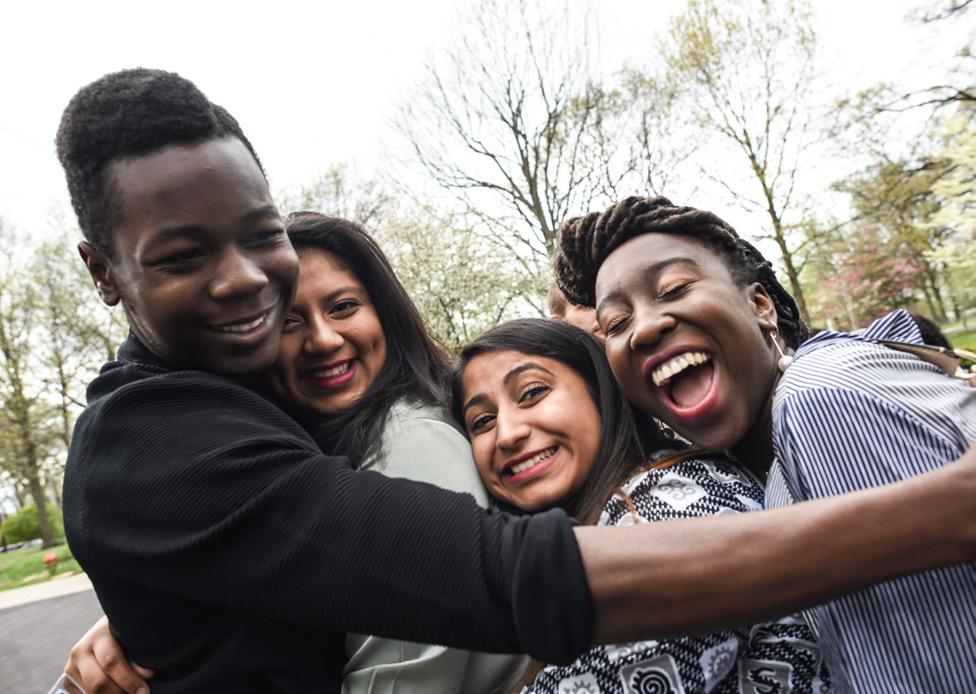
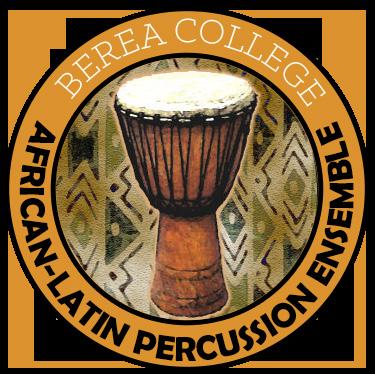
AFRICAN-LATIN PERCUSSION ENSEMBLE
An ensemble that performs a variety of rhythms based on the traditional drumming styles of the Caribbean, West Africa, and South America.
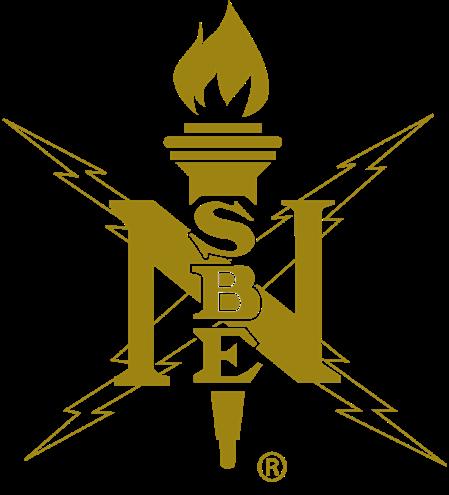
Intensive programs for increasing Black and other ethnic minority participation in the fields of engineering technology. The program will strengthen relations between the professional industry and the Black community.
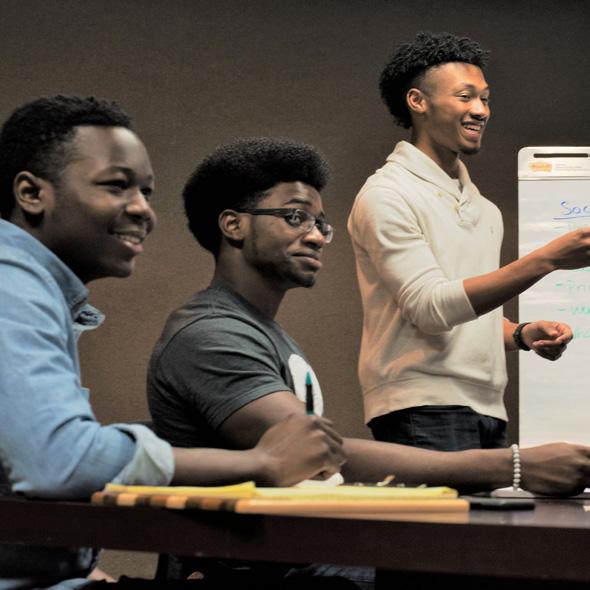
This program offers a space for solidarity, support and mentorship for Black men as they actuallize goals, recognize opportunities, and acheive academically. The intiative aspires to promote community, leadership, and action.
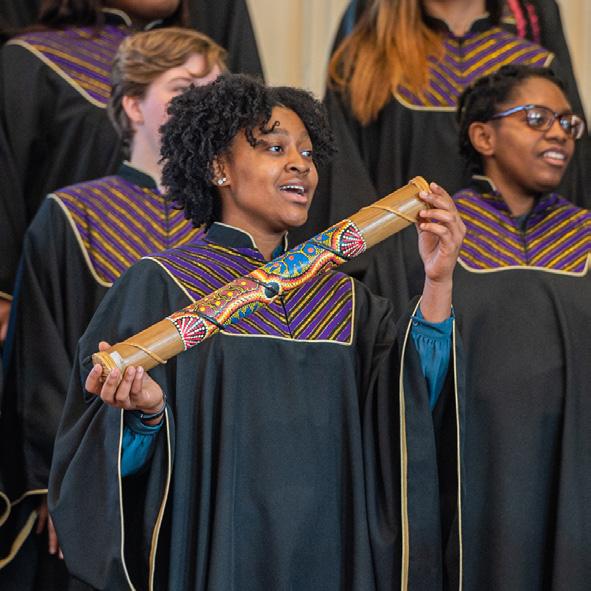
This singing ensemble is dedicated to the preservation and performance of AfricanAmerican sacred music. The repertoire will consist primarily of gospel and spiritual music as understood in its historical and social context.
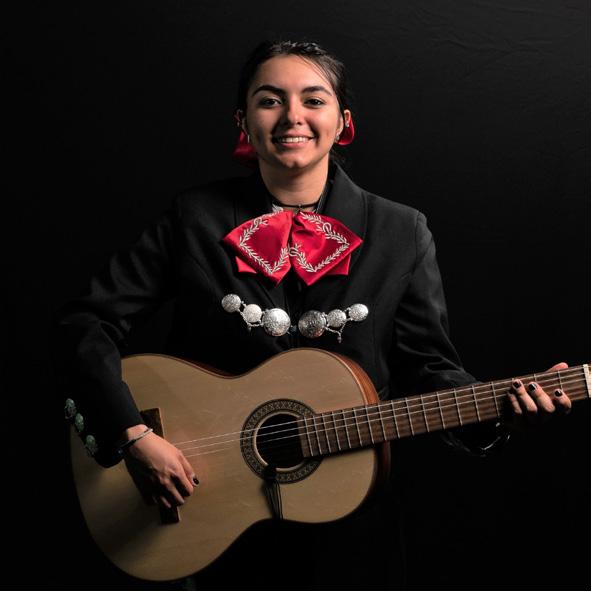
Mariachi is led by powerful vocals and accompanied by trumpet, violin, guitar, vihuela and guitarrón. Berea holds the distinctuion as only collegiate Mariachi Band in the state, proudly representing Latinx communities as fastest growing demographic in Appalachia.
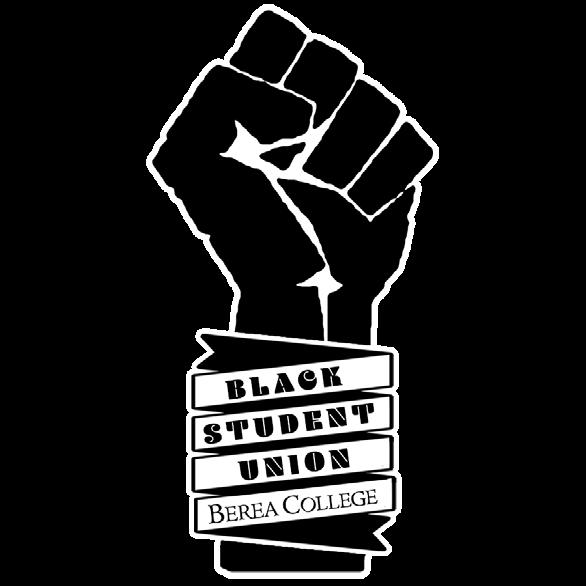
BSU's purpose is to become a change agent that empowers the African American community, develops leaders, facilitates cultural awareness, and fosters a safe space for social and intellectual growth, particularly from the perspective of those of African descent.
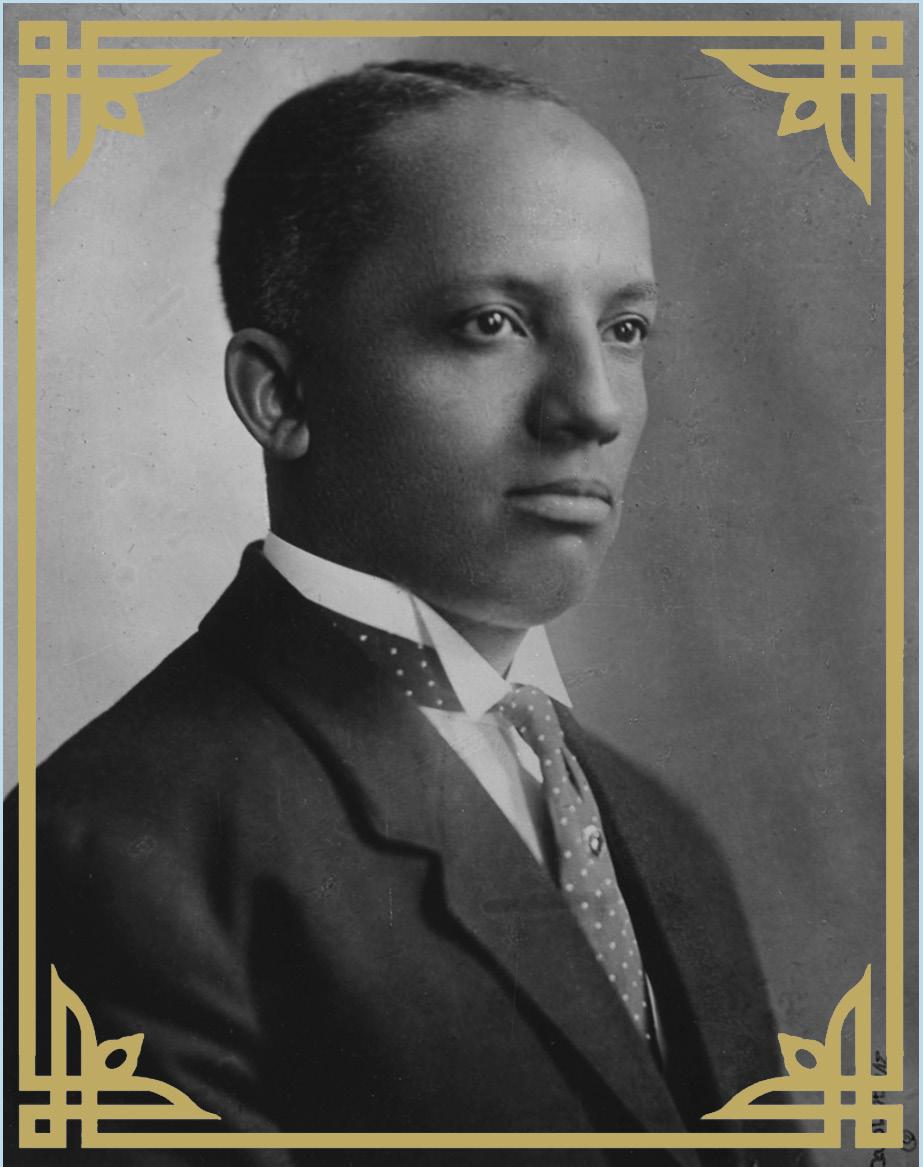
Carter G. Woodson (1875-1950) was born in New Canton, Fluvanna County, Virginia, during the American Reconstruction. He was the son of formerly enslaved African Americans, James and Eliza Riddle Woodson, and the family moved to West Virginia at the end of the Civil War. Despite a lack of access to formal education, Woodson was able to master common school subjects’ fundamentals by age 17 through self-instruction.
Woodson joined his two older brothers working in the coal mines of Huntington, West Virginia but was unable to devote much time to school instruction due to a demanding work schedule. However, by age 20 in 1895, he began attending Douglass High School, a school recently established as one of the few public high schools available to African American youth.
Next, Woodson enrolled in Berea College in 1897. He graduated from Berea with a Bachelor of Literature degree in 1903. While attending Berea College, Woodson also served as principal of Douglass High School and taught in Winona, WV, at a school established by African American coal miners to educate their children. Perhaps in anticipation of Kentucky’s strengthening segregation laws, or possibly because of them, Woodson would complete the remainder of his Berea College work at the University of Chicago in 1903, one year ahead of the formal passage of the Kentucky Day Law.
Woodson continued his education at the University of Chicago, where in addition to a second bachelor’s degree, he earned a Master’s degree in European History in 1908. He became the second African American to earn a Ph.D. from Harvard, following Dr. W. E. B. Du Bois in 1907.
Woodson became an African American historian, author of over 27 books and articles, journalist and founder of the Association for the Study of African American Life and History, and the founder of the Journal of Negro History. Woodson saw first-hand the harm of white-centric education, described in his book, The Mis-Education of the Negro, “If you teach the Negro that he

“Real education means to inspire people to live more abundantly, to learn to begin with life as they find it and make it better.”
- Dr. Woodson
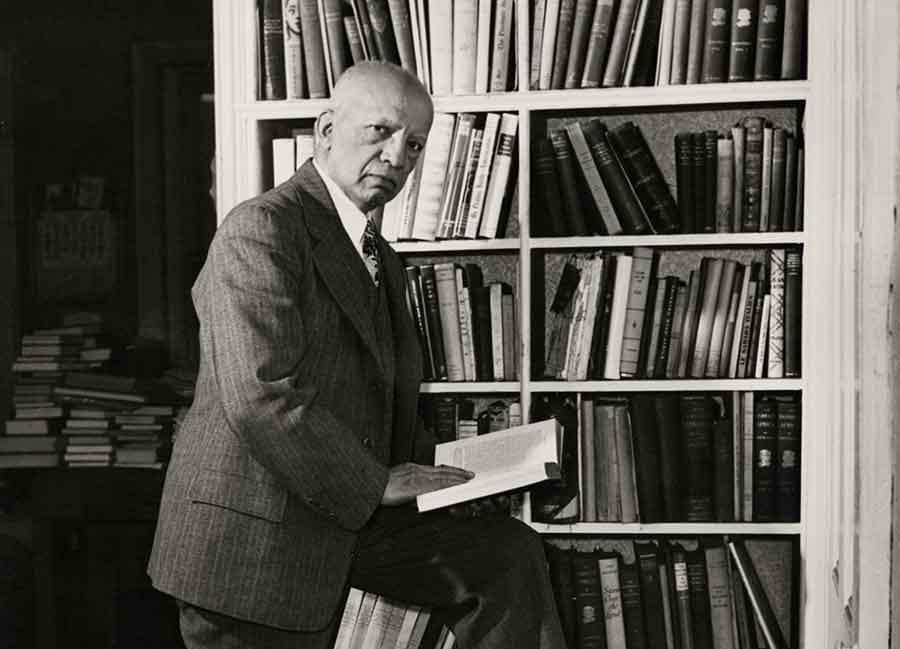
has accomplished as much good as any other race he will aspire to equality and justice without regard to race. Such an effort would upset the program of the oppressor in Africa and America.”
Woodson founded Negro History week in 1926, which later became Black History Month. He believed, “What we need is not a history of selected races or nations, but the history of the world void of national bias, race hate, and religious prejudice.”
Woodson is remembered as “the father of black history.” Today, schools, universities, businesses, and people worldwide observe Black History Month to eradicate gaps in education systems still plagued by white centrism and celebrate African American contributions as valuable and significant.
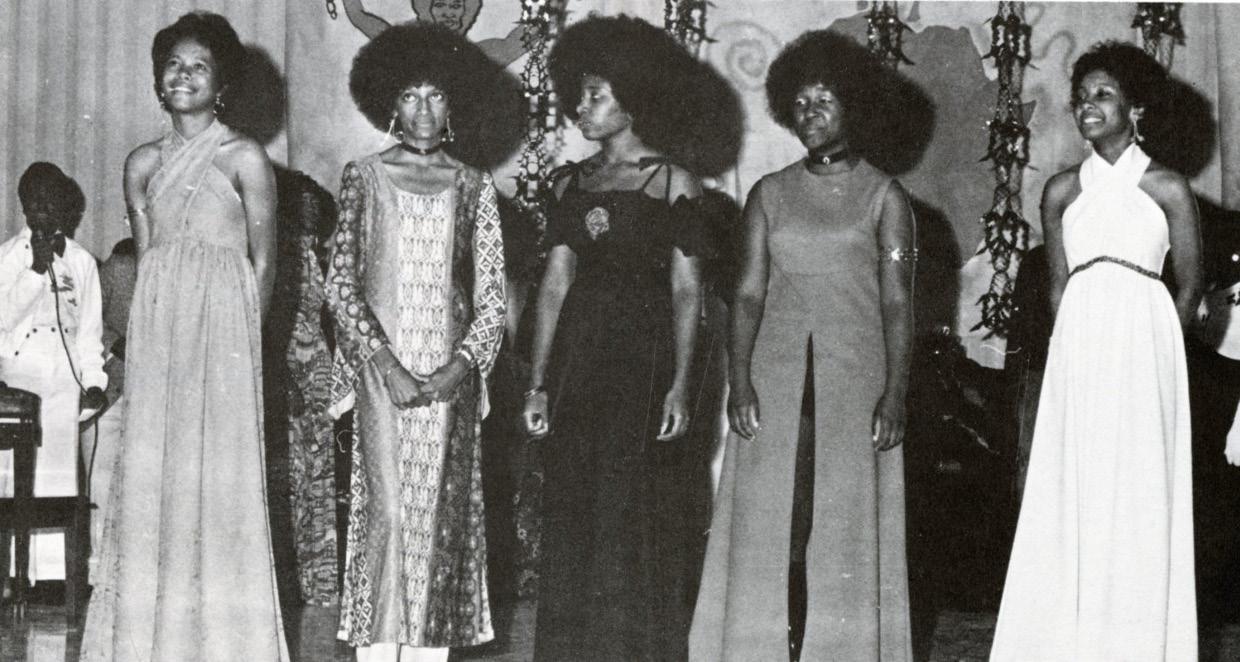

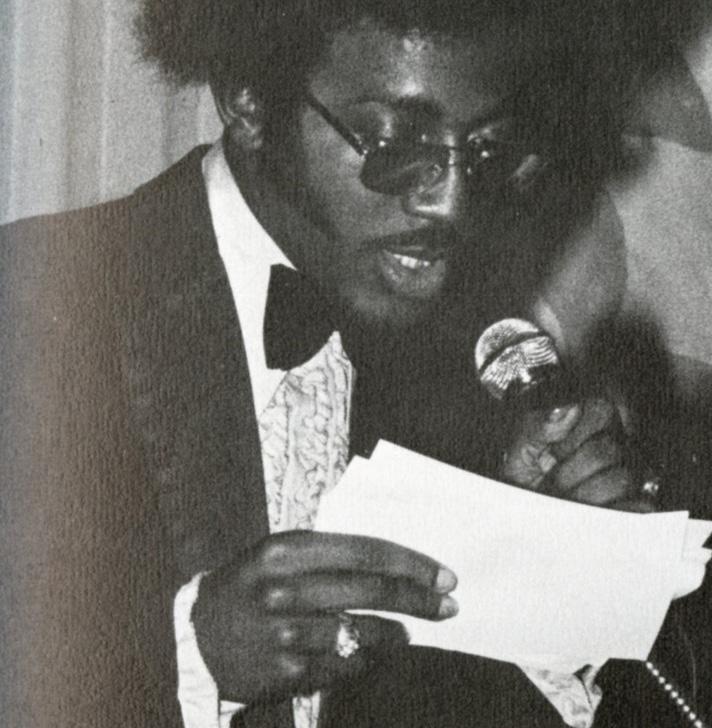
The Black Student Union held its first Scholarship Pageant in 1970 as a way to showcase, embrace, and celebrate African and African-American history and culture through student talents. Over the years, the Black Student Scholarship Pageant has transformed into a cultural avenue. The Pageant highlights outstanding Multi-cultural and Multi-ethnic Students that have gathered to uplift the Black community on campus and in the community. In addition, the Black Student Union Scholarship Pageant calls attention to the idea that Black history is American history.
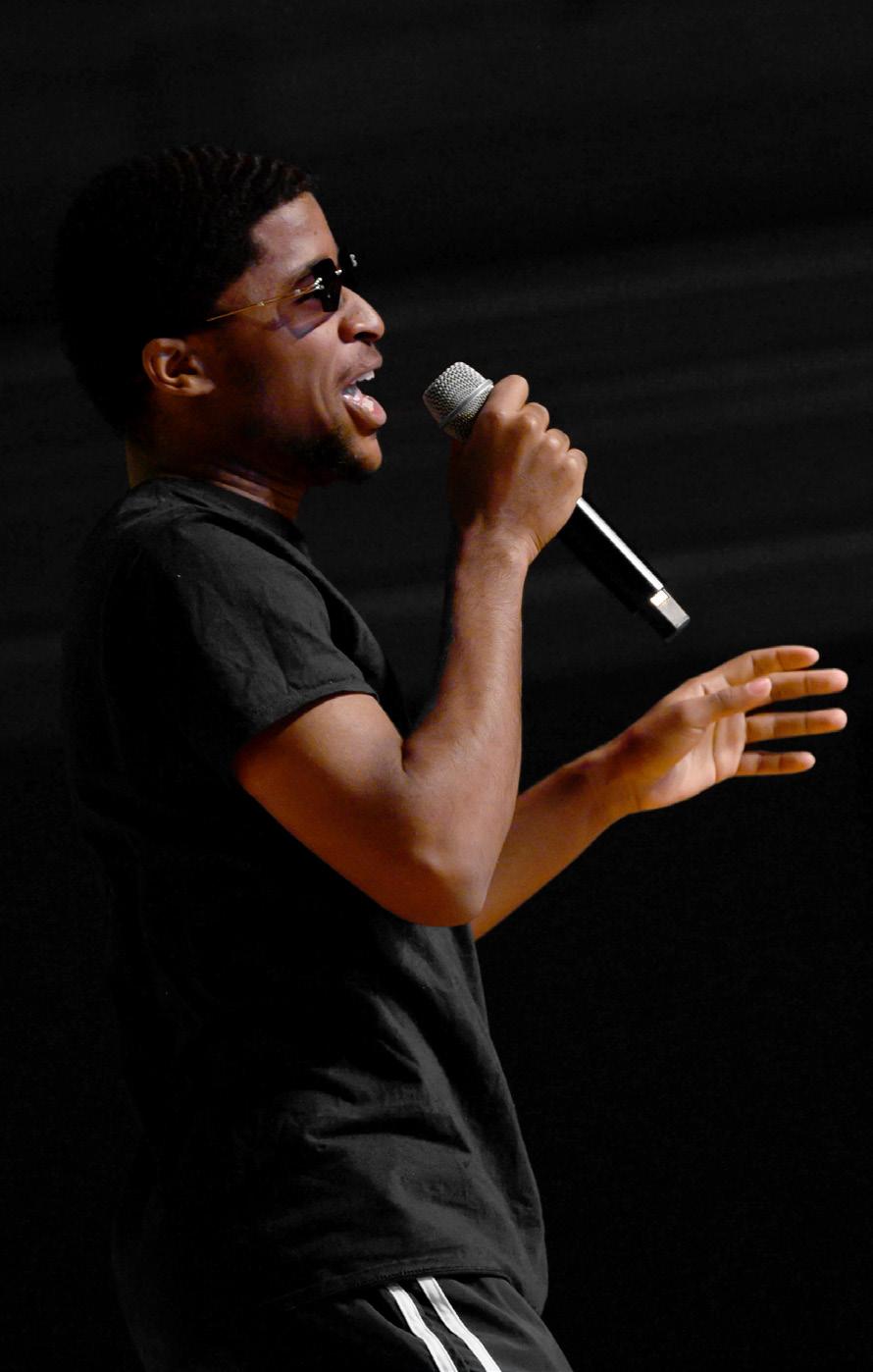
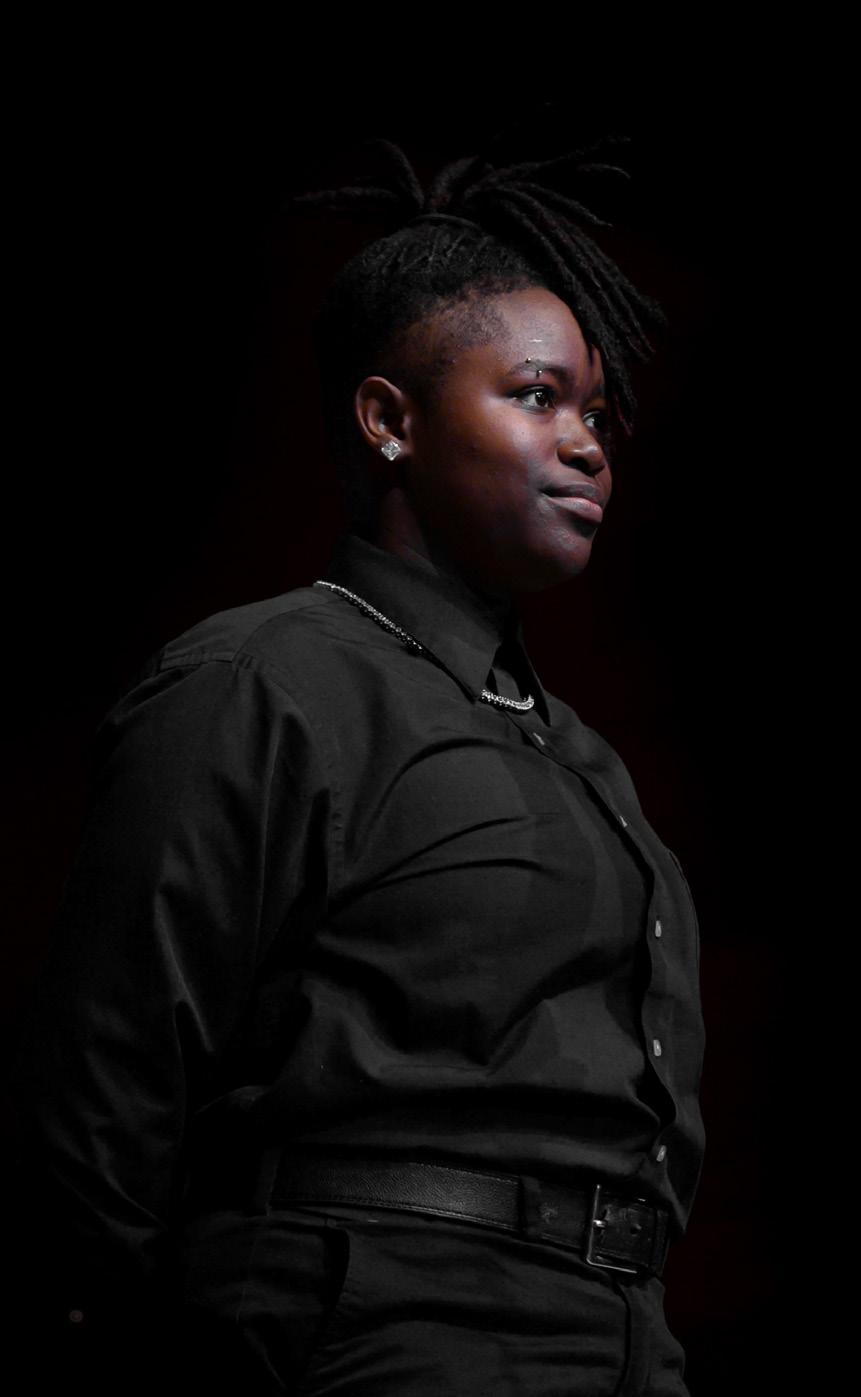
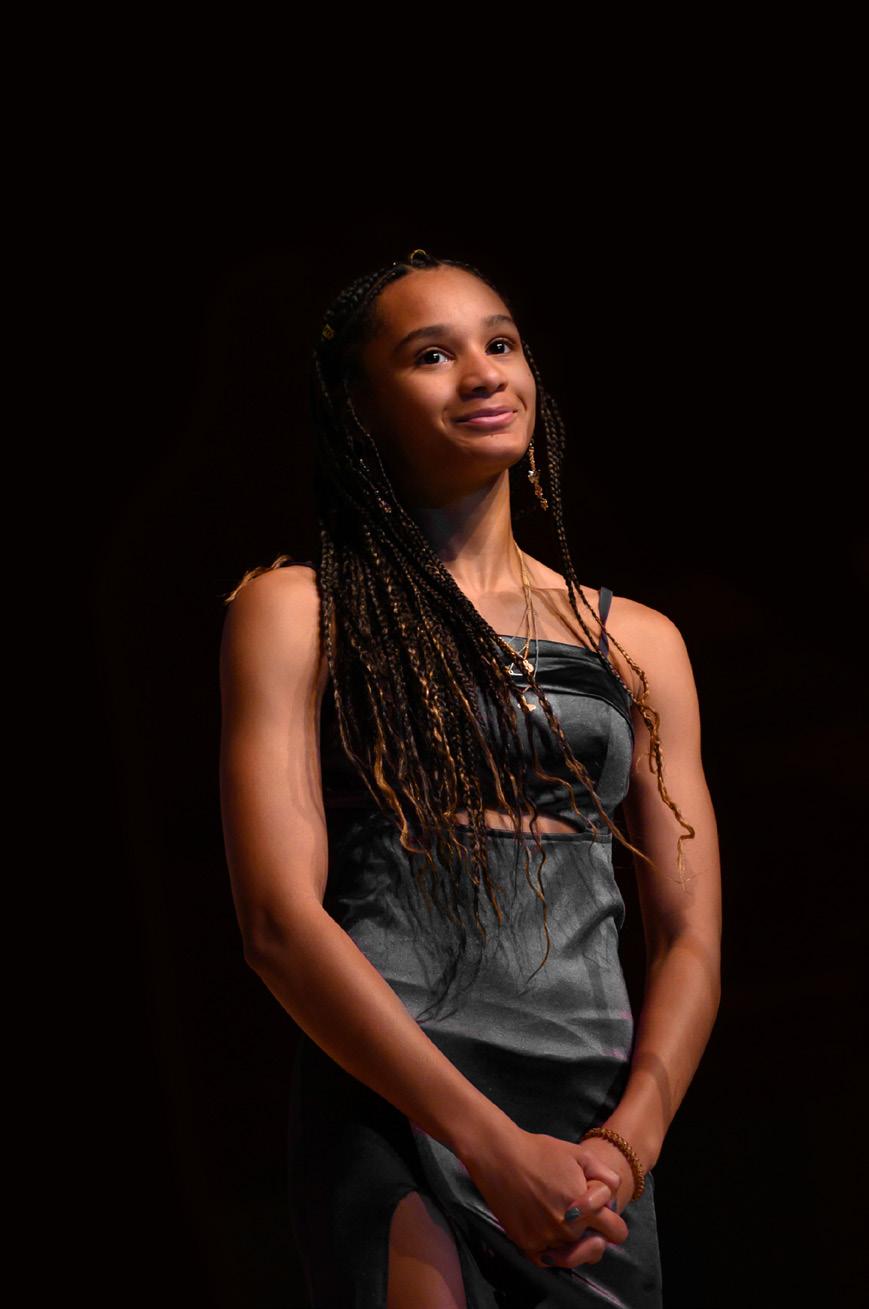
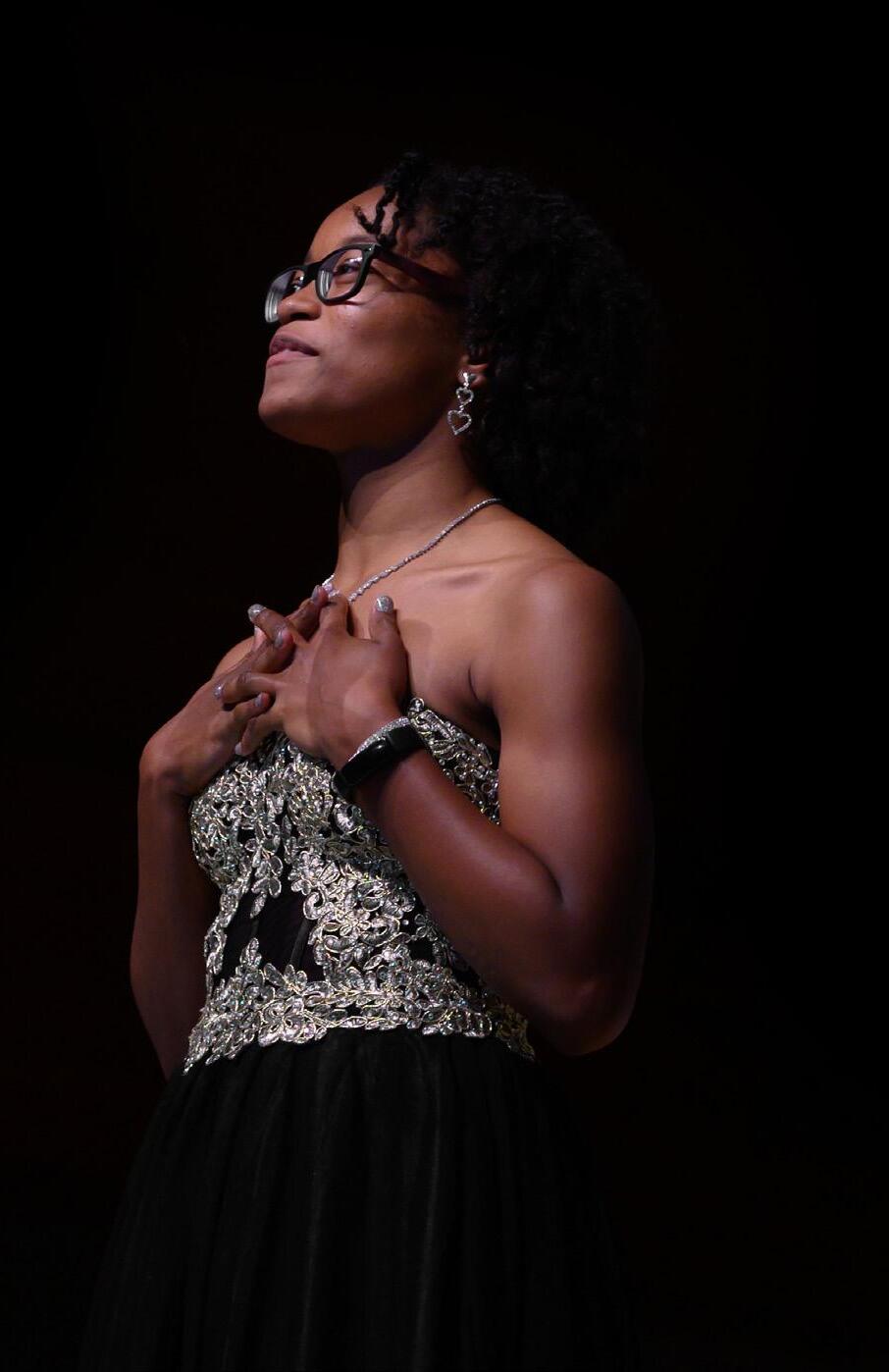
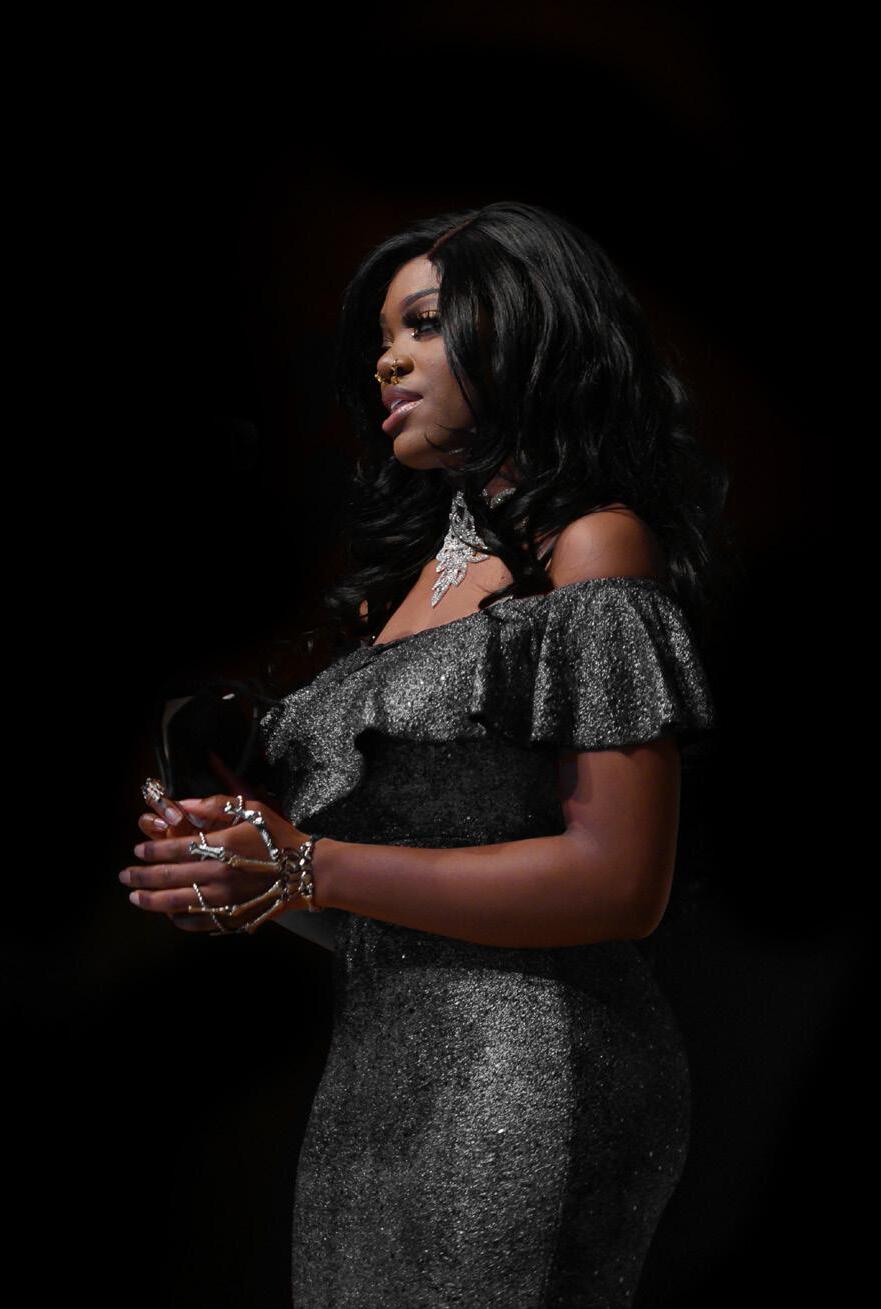
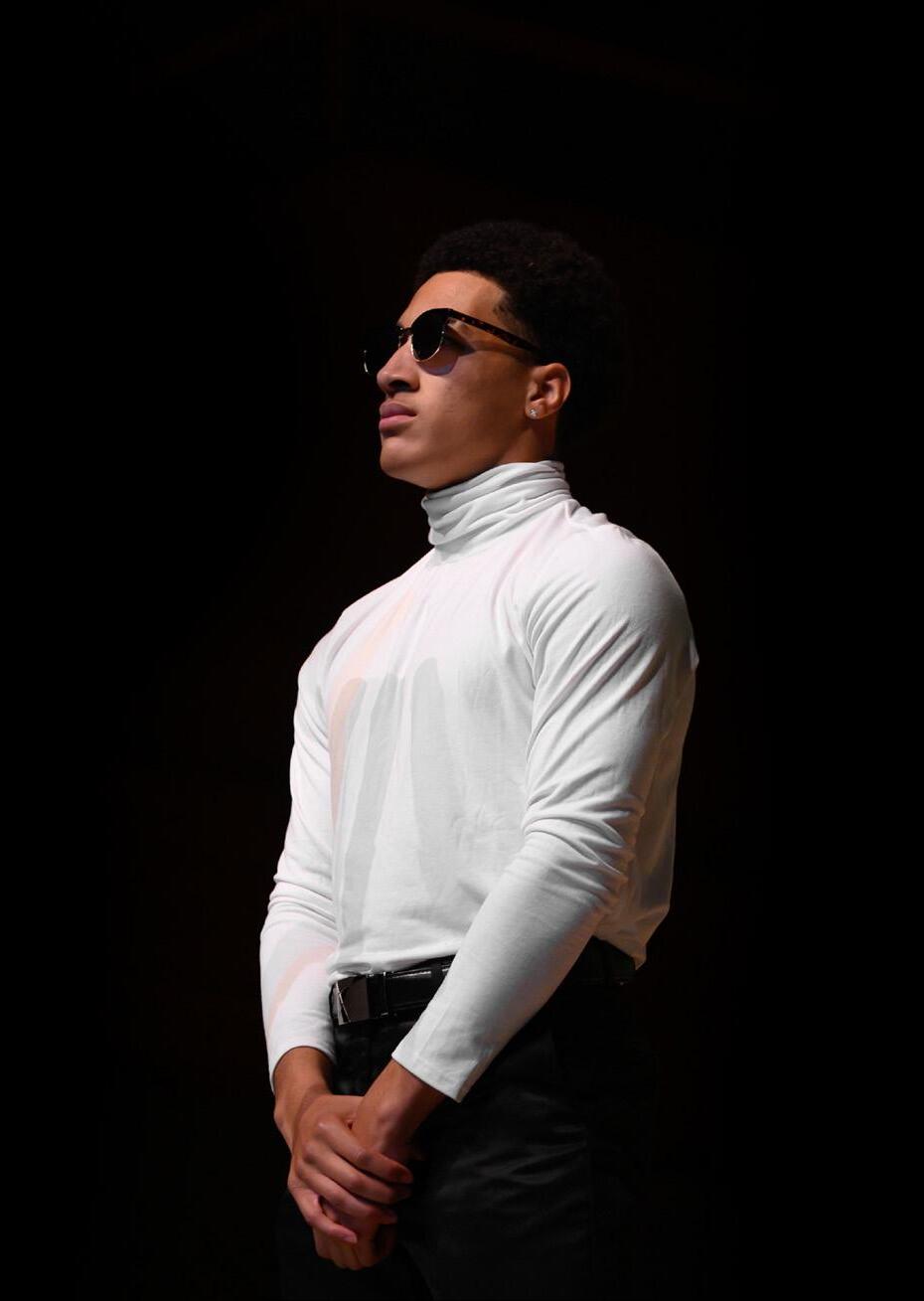
The Scholarship Pageant focuses on giving the contestants a chance to grow and become their best selves. It not only takes into account the contestant's talents and performance abilities but their entire experience and their ability to present their best selves confidently. Although the Scholarship Pageant is a competition, we also focus on building community and friendships among each contestant and volunteer. This Scholarship Pageant is a reminder that we are unified in our struggles. We are devoted to uplifting the voices of the African and African-American communities in efforts to promote positive change.
1866
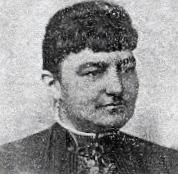
ISABELLE MITCHEL attended Berea in 1866 and went on to be a teacher at Camp Nelson and then the principal of a black school in Lexington, KY. She was a founding member of Lexington’s Colored Orphan Industrial Home and was active in the Kentucky Colored Women’s Club Movement.
1874
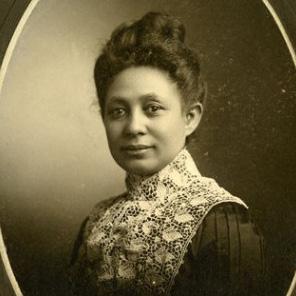
MARY E. BRITTON earned a medical degree after graduating from Berea and became the first African-American female doctor in the state of Kentucky, practicing in Lexington. She was an educator, physician, journalist, and civil rights activist who dedicated herself fully to the good of her people.
1884
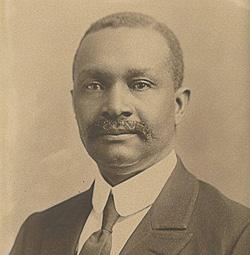
JAMES S. HATHAWAY was born a slave in Mt. Sterling, Kentucky. He was Berea’s first black professor of Latin, science, & mathematics. Hathaway also served as a clerk of the town of Berea. He went on to become the president of Kentucky State University in Frankfort –Kentucky’s only historically black university.
1894
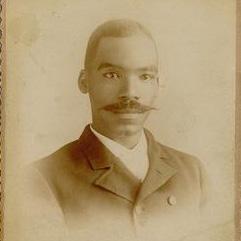
KIRKE SMITH served as Principal at the Lebanon County School and played a vital role as solicitor of funds in the campaign to build Berea's Lincoln Institute following Kentucky's Day Law. He then served as Dean of the Normal Department and Dean of Men at Lincoln Institute until 1933.
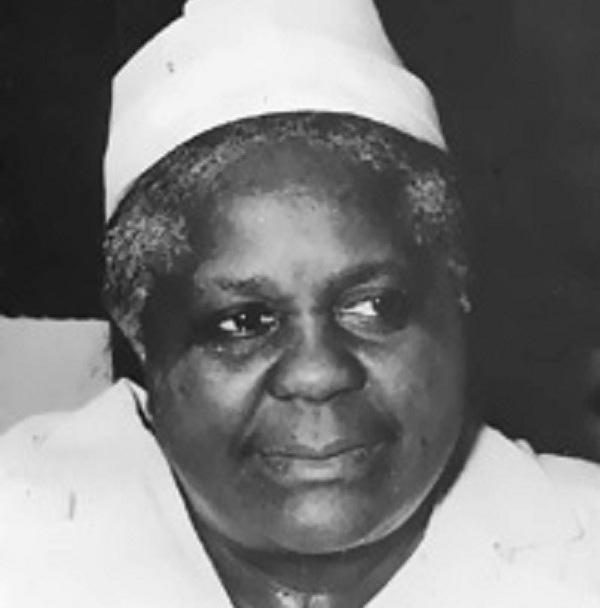
MARY E. MERRIT was a graduate of Berea College’s nursing program and the first African American to be licensed as a registered nurse in Kentucky. She served as the superintendent of the Red Cross Hospital in Louisville for 34 years and was awarded the Mary Mahoney Medal for distinguished service in nursing.
1954
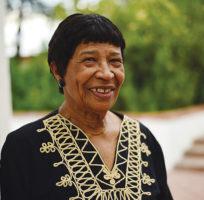
JESSIE REASON ZANDER was the first African American to graduate after the segregationist Day Law was set aside. She went on to be a teacher, school administrator, and poet, touching the lives of thousands of students during her career in Kentucky and Arizona, as well as through her world-wide travels.
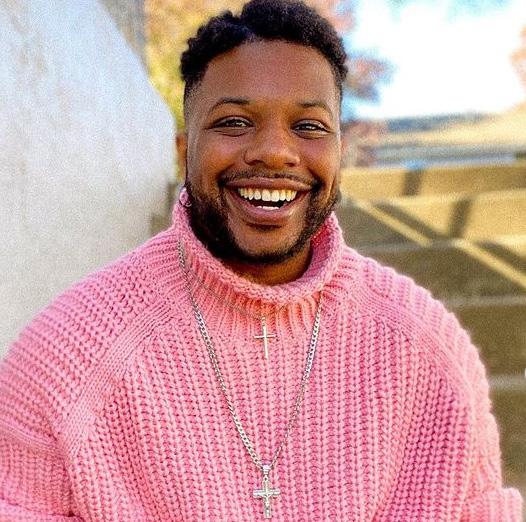
DEREK DEANDRE was a two-time semi-finalist on the “Project Runway” show with his own designs. He is a freelance designer, graphic artist and photographer, and the founder of his own clothing brand, Love & Osker. He also earned a master’s degree in human environmental sciences from the University of Alabama.

MARIA DIAZ is a first-generation college grad with a passion for education and health equity. She is currently Director of Persistence and Pre-College Programs at the Carolina Youth Coalition and has earned a Master of Public Health from the University of North Carolina.
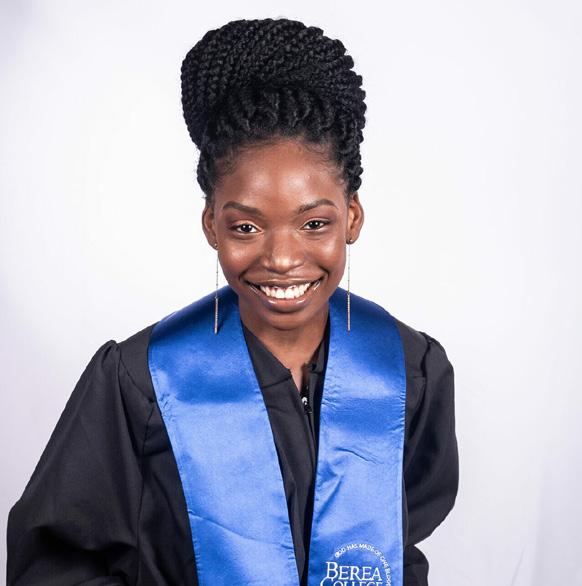
DERBY CHUKWUDI majored in Business Administration and Economics and held work program positions as an Accounts Payable Assistant and News Writer. While at Berea she was listed as a Forbes 30 under 30 Scholar and took part in the Stanford Future Leaders Program. She now works at JPMorgan Chase & Co. as a Markets Strategy Analyst.
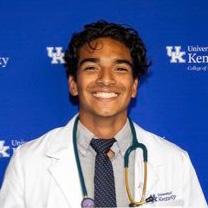
ISSAC DOMENECH majored in Chemistry and was captain of the men's soccer team. While at Berea, he interned at the Vanderbilt University Medical Center and the Stanford University School of Medicine before graduating. He is now a medical student at the University of Kentucky.
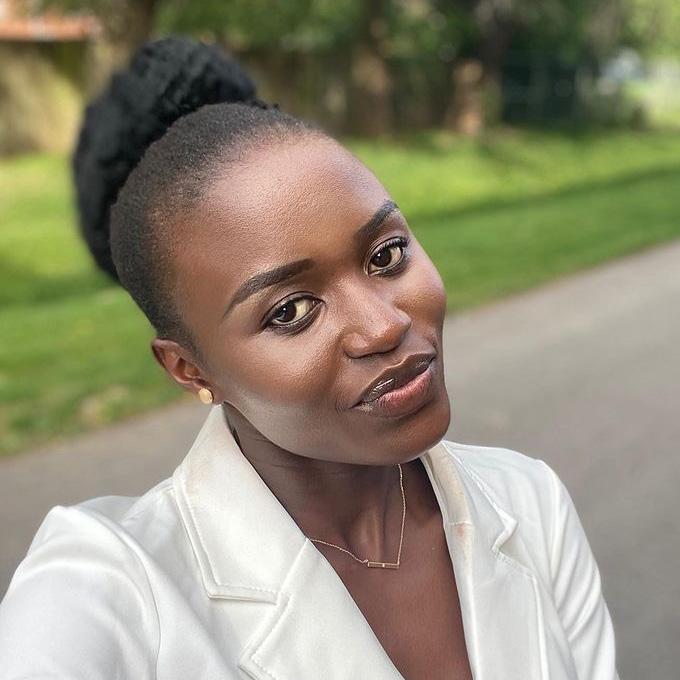
ANNE OTIENO majored in Economics and Computer Science and held work program positions as an Economics Teaching Assistant and Student Software Developer. Before graduating, she got an internship that lead to a fulltime job in analytics, putting her major to good use. She also has a YouTube channel called "Study Abroad with Anne."
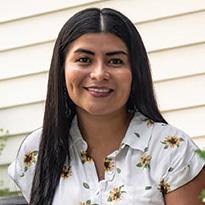
EMELY ALFARO-ZAVALA gained a Work Program position in the college’s information technology department, which inspired her to double-major in business and computer science. Berea paid for her to attend a Women in Computing conference where she got connected to an internship with Google, leading to a technical residency in cloud computing job with Google after graduation.
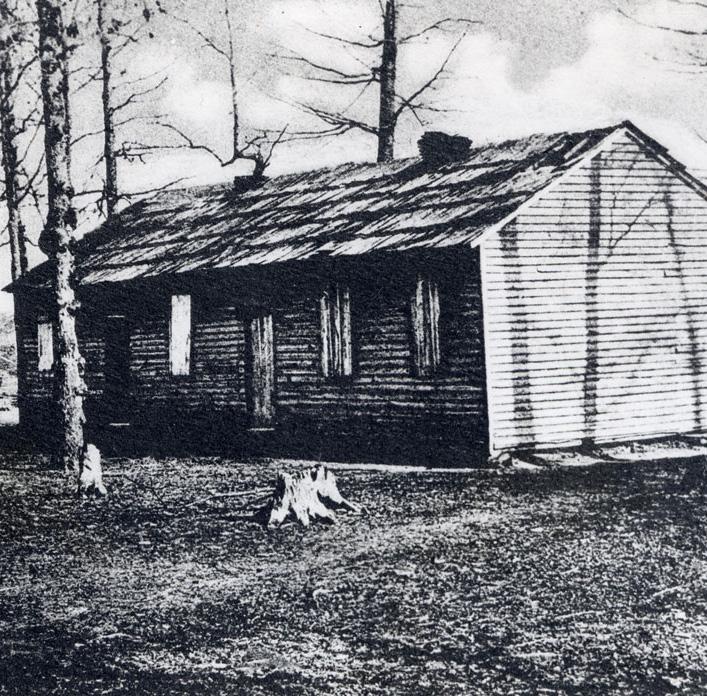
1832
John G. Fee establishes Berea College, the first interracial and coeducational college in the South.
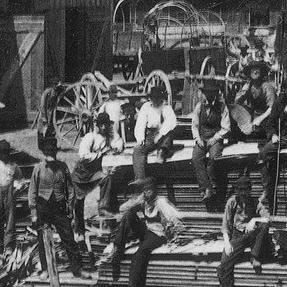
1861
During the Civil War, John G. Fee worked as a missionary trying to bring order, education and humanity to the refugee camp for escaped and freed slaves at Camp Nelson in Kentucky, a Union Army camp.
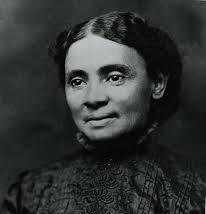
1872
Julia Britton Hooks becomes Berea’s first African American teacher.
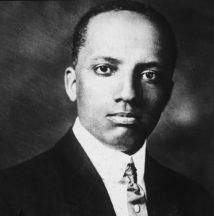
1903
Carter G. Woodson graduates from Berea College, later becoming the second African American man to earn a Ph.D. from Harvard.
1859
Angry mob expels Berea College faculty, staff and students from Madison County, Kentucky.
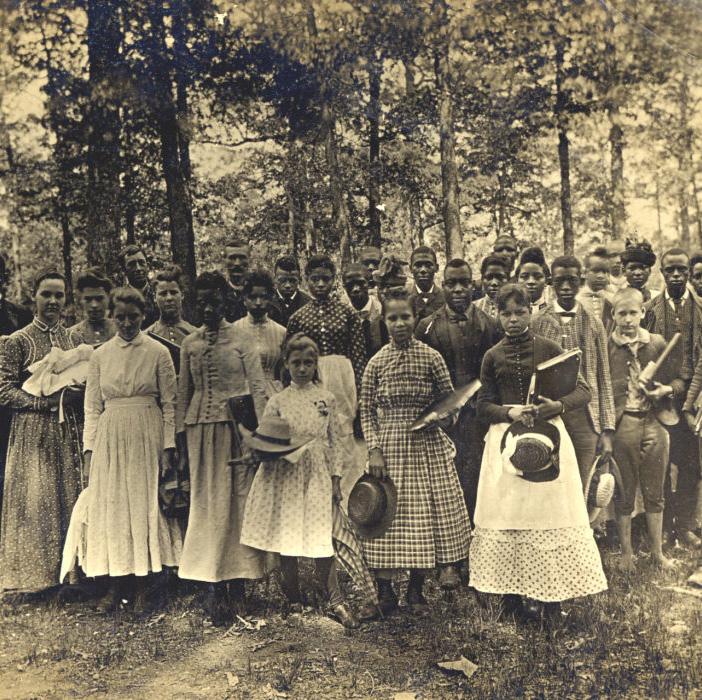
1866
Berea College reopens with newly discharged African American troops among the first graduating classes.
1874
John H. Jackson becomes first African American college graduate of Berea and the state of Kentucky.
1904 Kentucky Senate passes Day Law aimed specifically at Berea College, forcing it into segregation.
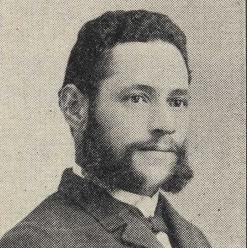
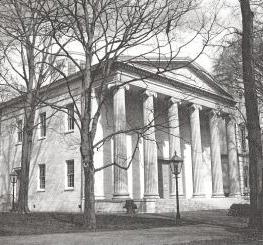
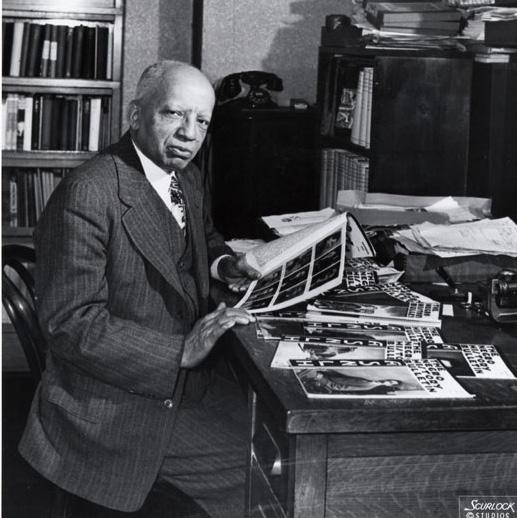
1908 Berea College appeals Day Law to the United States Supreme Court.
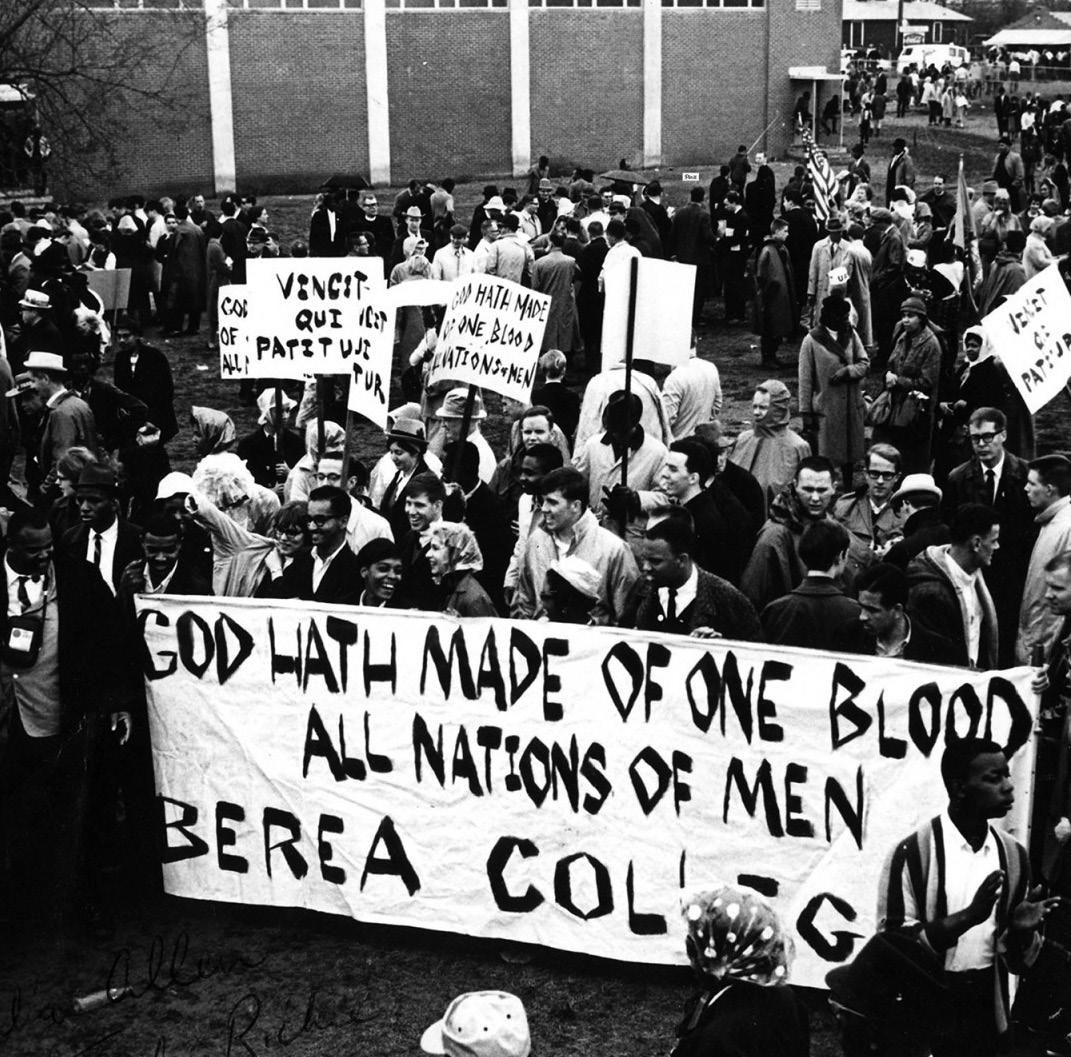
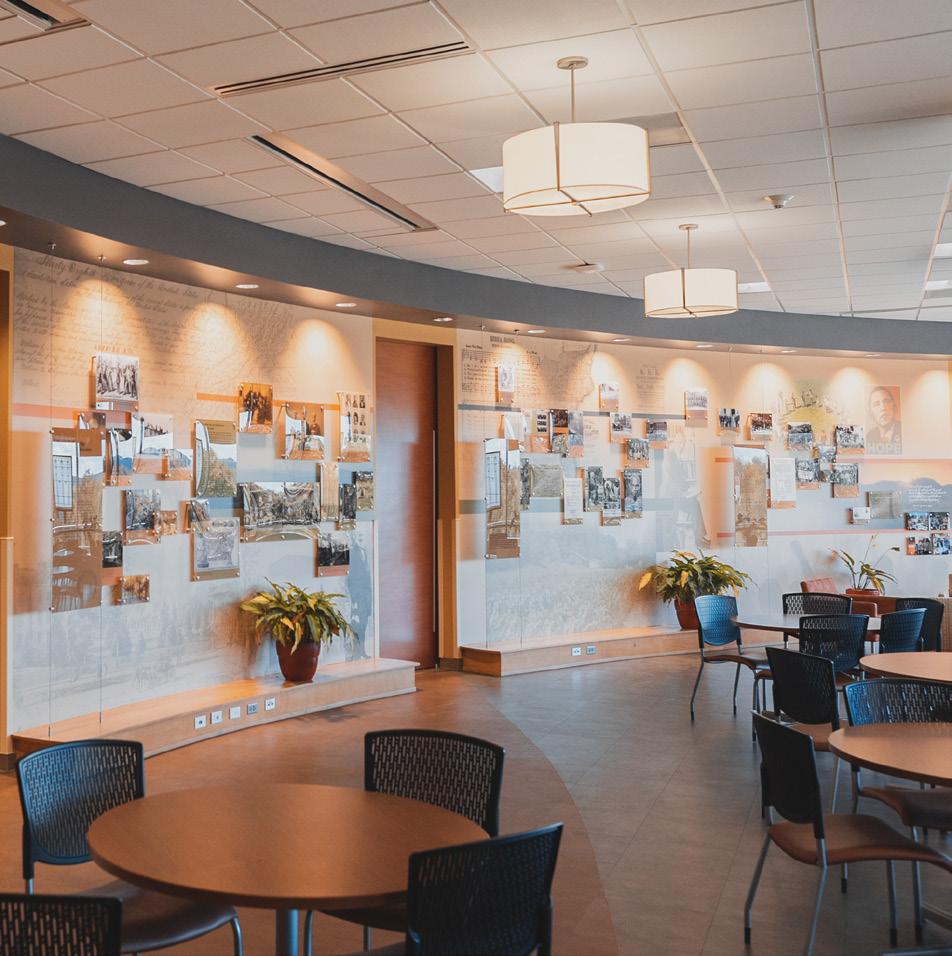
1926
Carter G. Woodson establishes Negro History Week.
1912
United States Supreme Court overrules Berea College’s Day Law appeal; Berea College establishes Lincoln Institute for segregated black students.
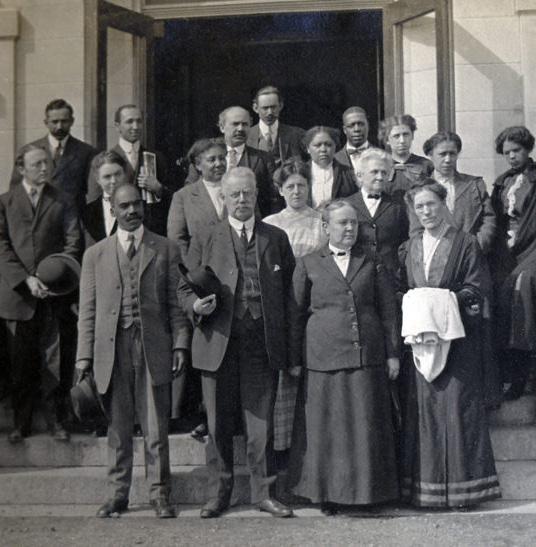
1954
Jessie Reasoner Zander becomes Berea College’s first black graduate after Day Law is repealed.
1965
Berea College group of faculty and students travel to participate in Selma-Montgomery March.
2011 Berea College establishes the Carter G. Woodson Center for Interracial Education.
1997
1997
Dr. Carter G. Woodson
Dr. Carter G. Woodson
Diversity Weekend visitation program established for prospective minority
Diversity Weekend visitation program established for prospective minority students.

2015 Berea College President Lyle Roelofs and members of the original Berea College marchers along with current students return to participate in the 50th Anniversary SelmaMontgomery March.
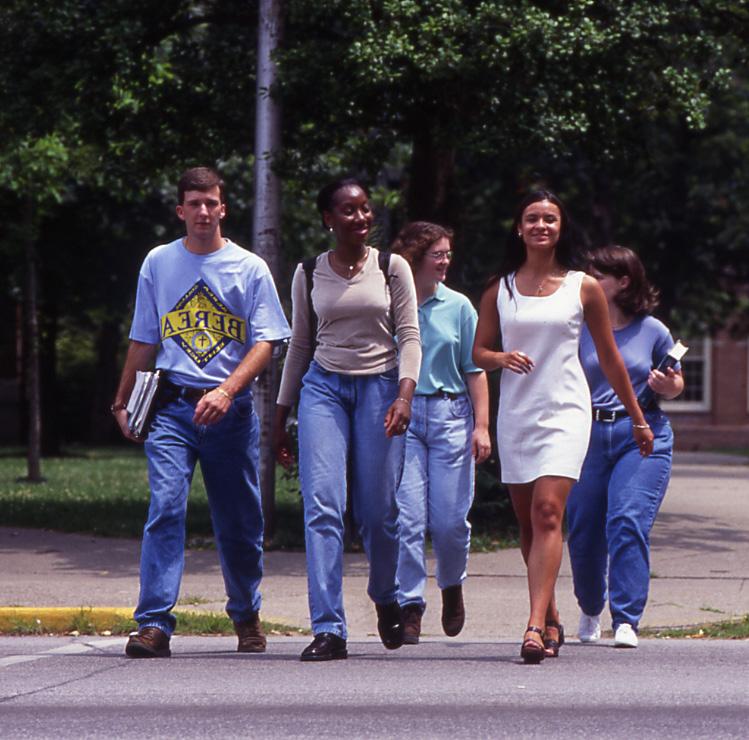
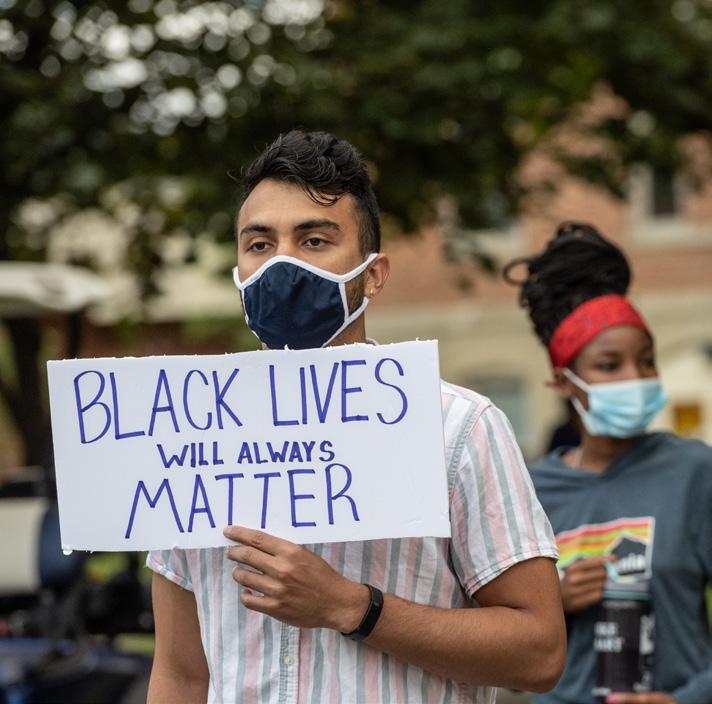

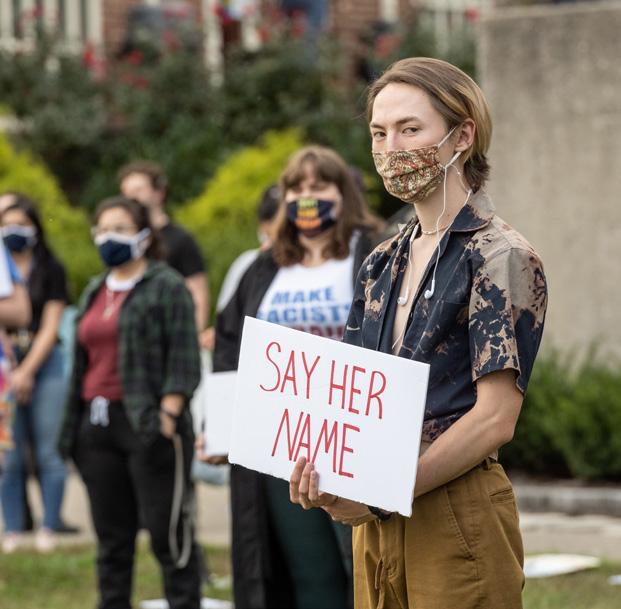
2020 Students, faculty, and staff participate in Black Lives Matter marches and demonstrations on campus and in Berea, KY. President Roelofs reaffirms the college’s commitment to
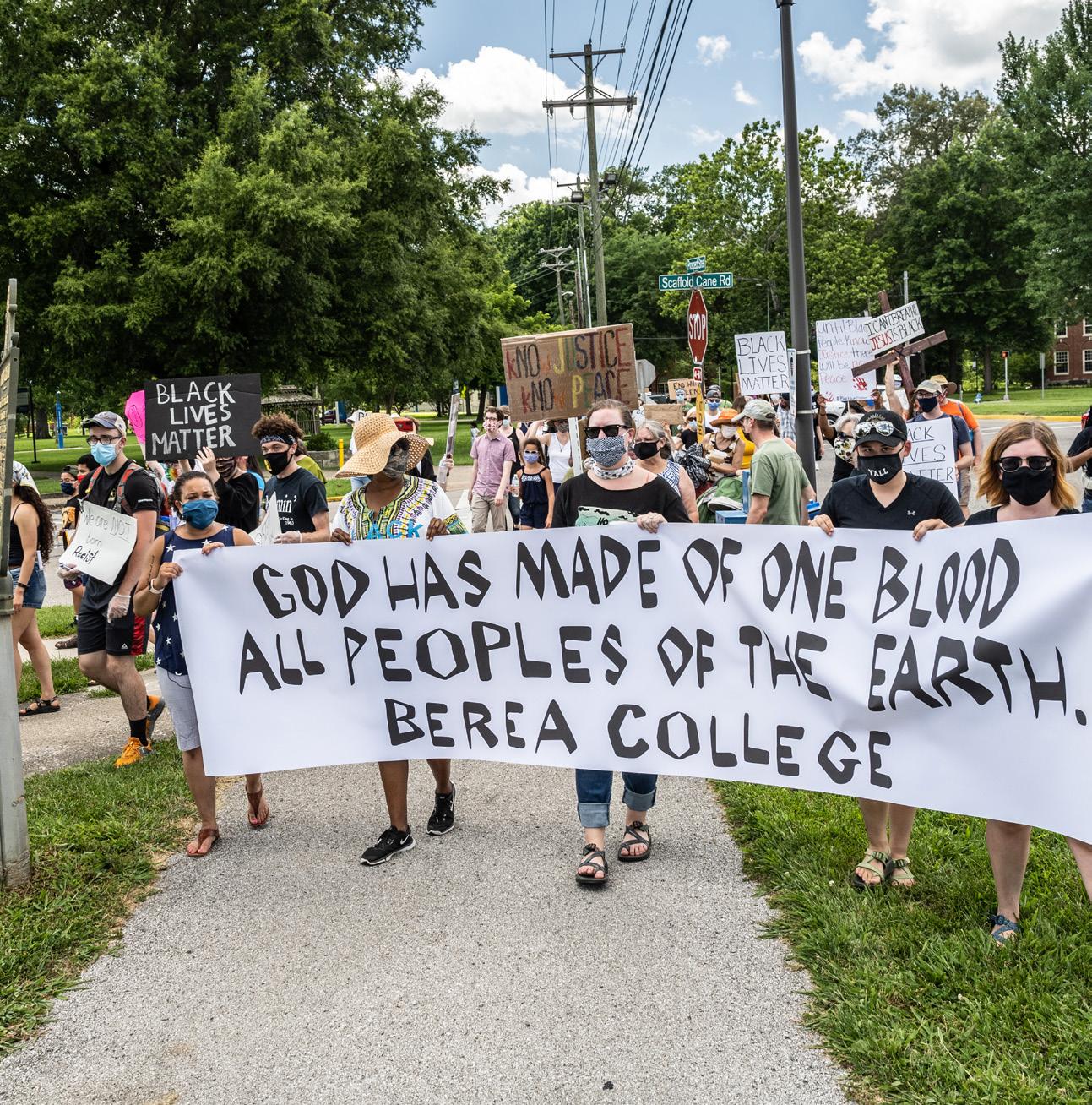
2021 Students, faculty, and staff demonstrate in solidarity with Stop Asian Hate in response to shootings in Atlanta and the rise in antiAsian sentiment related to
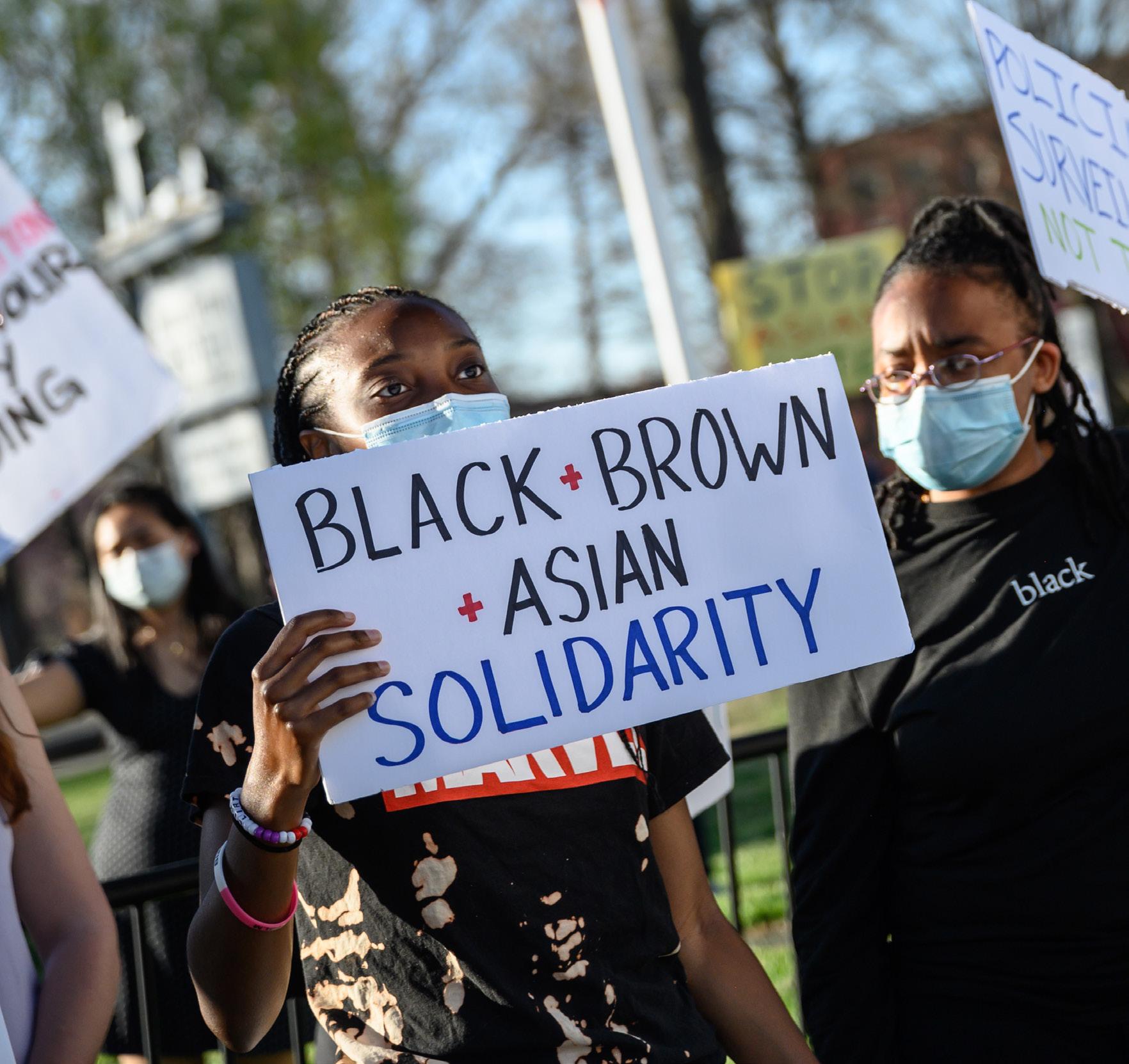
2022
The Black Cultural Center and Black Student Union asked the campus community to come together for a walk and vigil in memory of Tyre Nichols and the many other Black Lives cut way too short by police.
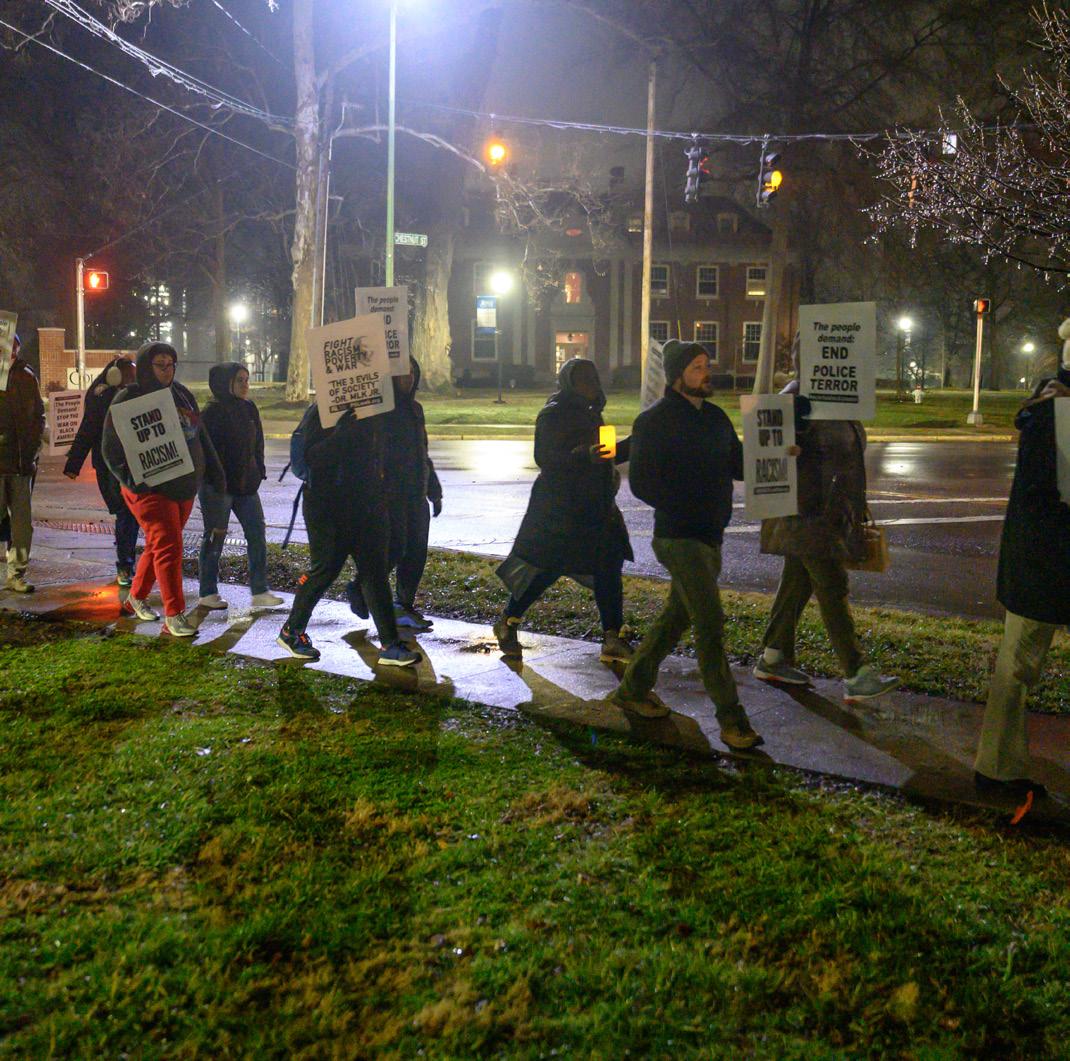
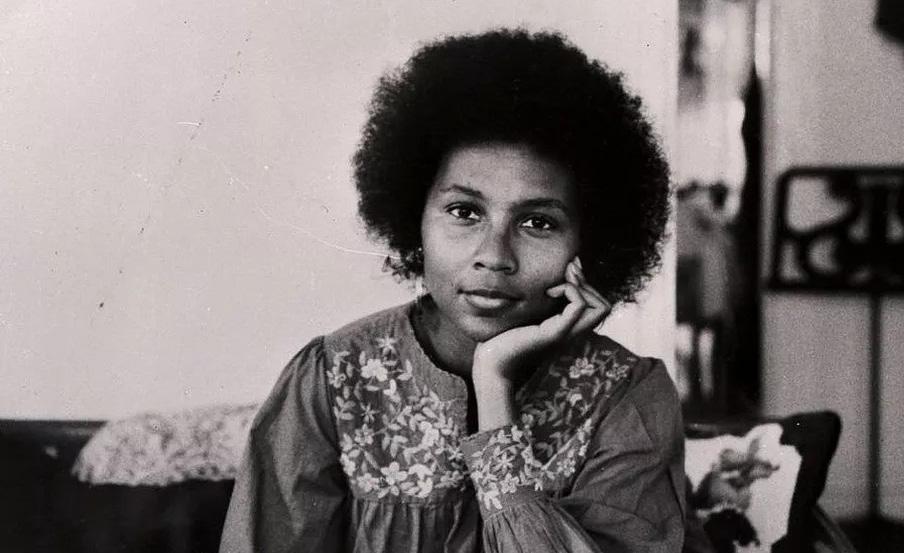
The bell hooks center at Berea College celebrates the life and work of acclaimed intellectual, feminist theorist, cultural critic, and writer bell hooks. The center periodically brings together regional and national scholars and thinkers with local community members to study, learn and engage in critical dialogue.
bell hooks was a Distinguished Professor in Residence in Appalachian Studies at Berea College. She authored over thirty books and is known as a champion of intersectionality in feminist thought. The acclaimed writings of bell hooks cover topics of gender, race, class, spirituality, teaching, and the significance of media in contemporary culture.
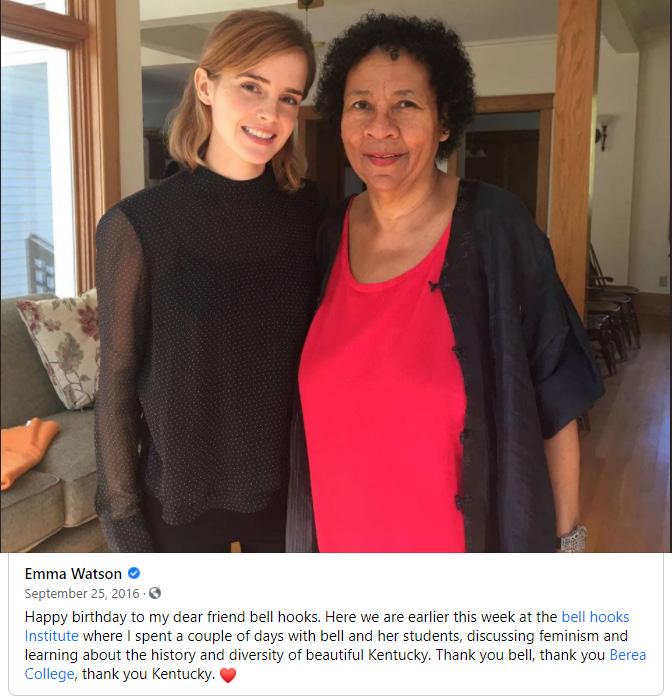
hooks’ presence at the center attracted many influential voices to Berea’s campus, such as iconic writer and activist Gloria Steinem and actress and United Nations Women Goodwill Ambassador Emma Watson.
bell wrote of the values of wildness, of renegade living. She suggested
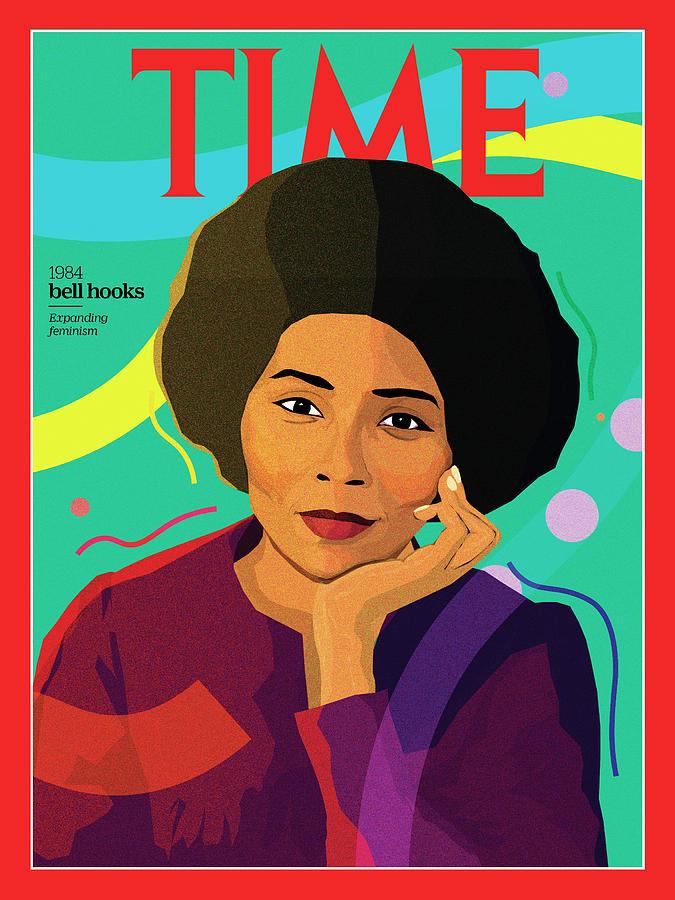
that her own “radical critical consciousness” was learned at home in a Kentucky community of African Americans from the backwoods about the need for freedom and the responsibility that comes with freedom.
“I
will not have my life narrowed down. I will not bow down to somebody else’s whim or to someone else’s ignorance.”
- bell hooks, 1952-2021
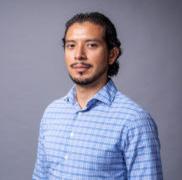
My name is Juan Jaimes Costilla, and I am the Latinx Student Support Coordinator for space for the Latinx students and the broader community. I envision the ECL as a place where students can find resources to foster their growth and success. My work here focuses on creating a long-term, sustainable space for the Latinx community and looking into how we can play a role in creating a strong and diverse Berea College community.
Berea College, and I also manage and coordinate the Espacio Cultural Latinx (ECL). I am committed to developing the ECL as a safe

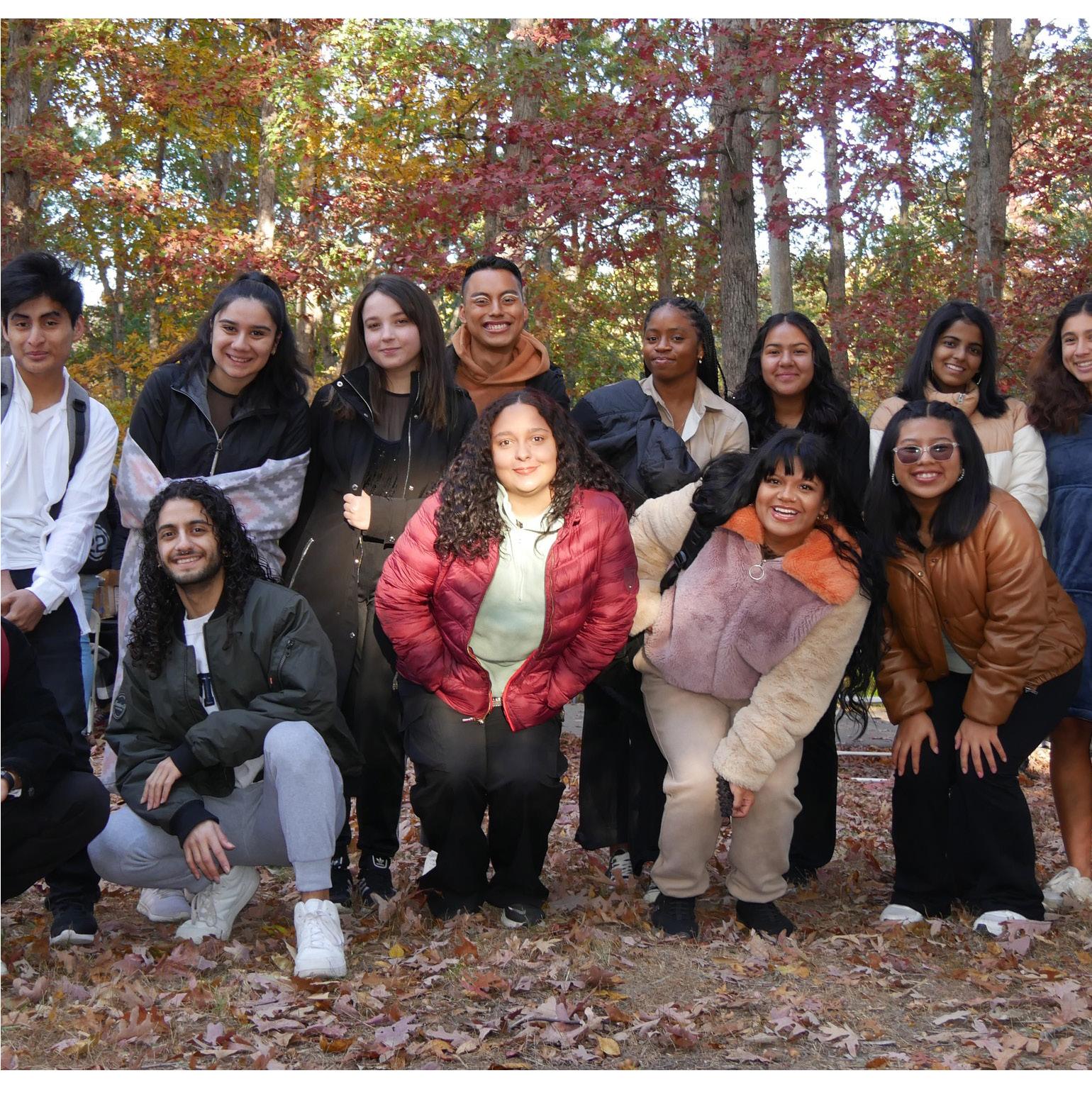
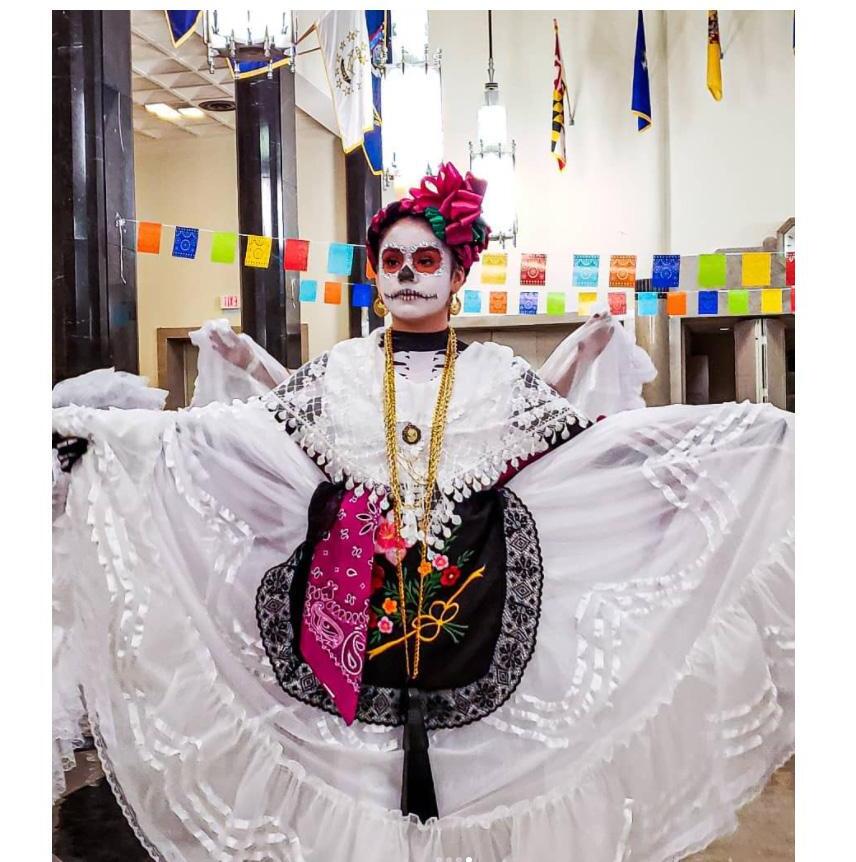

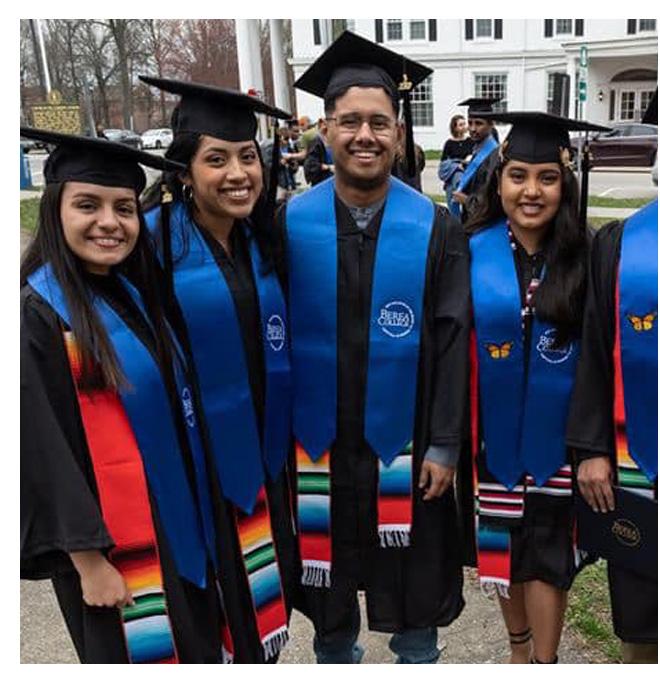
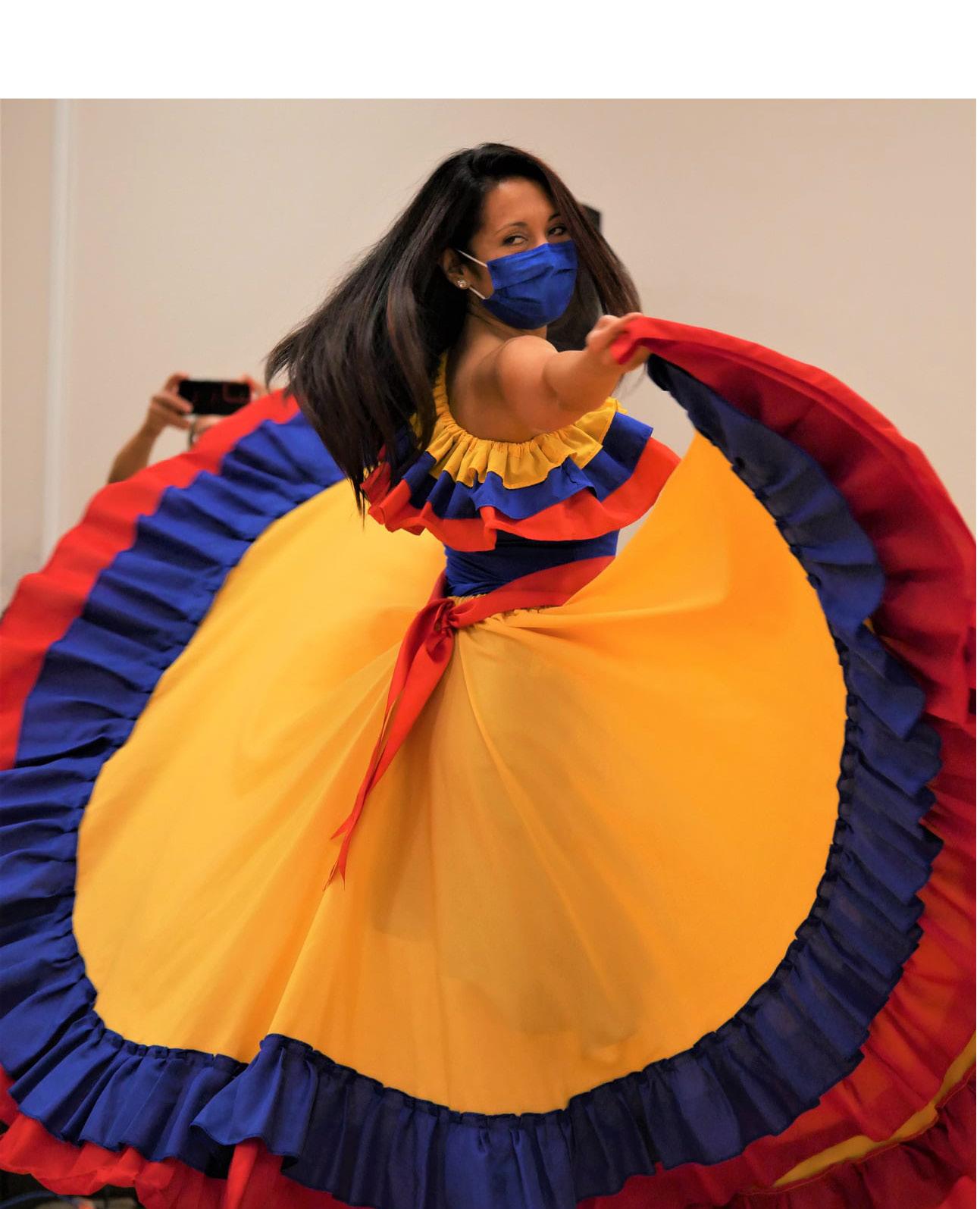

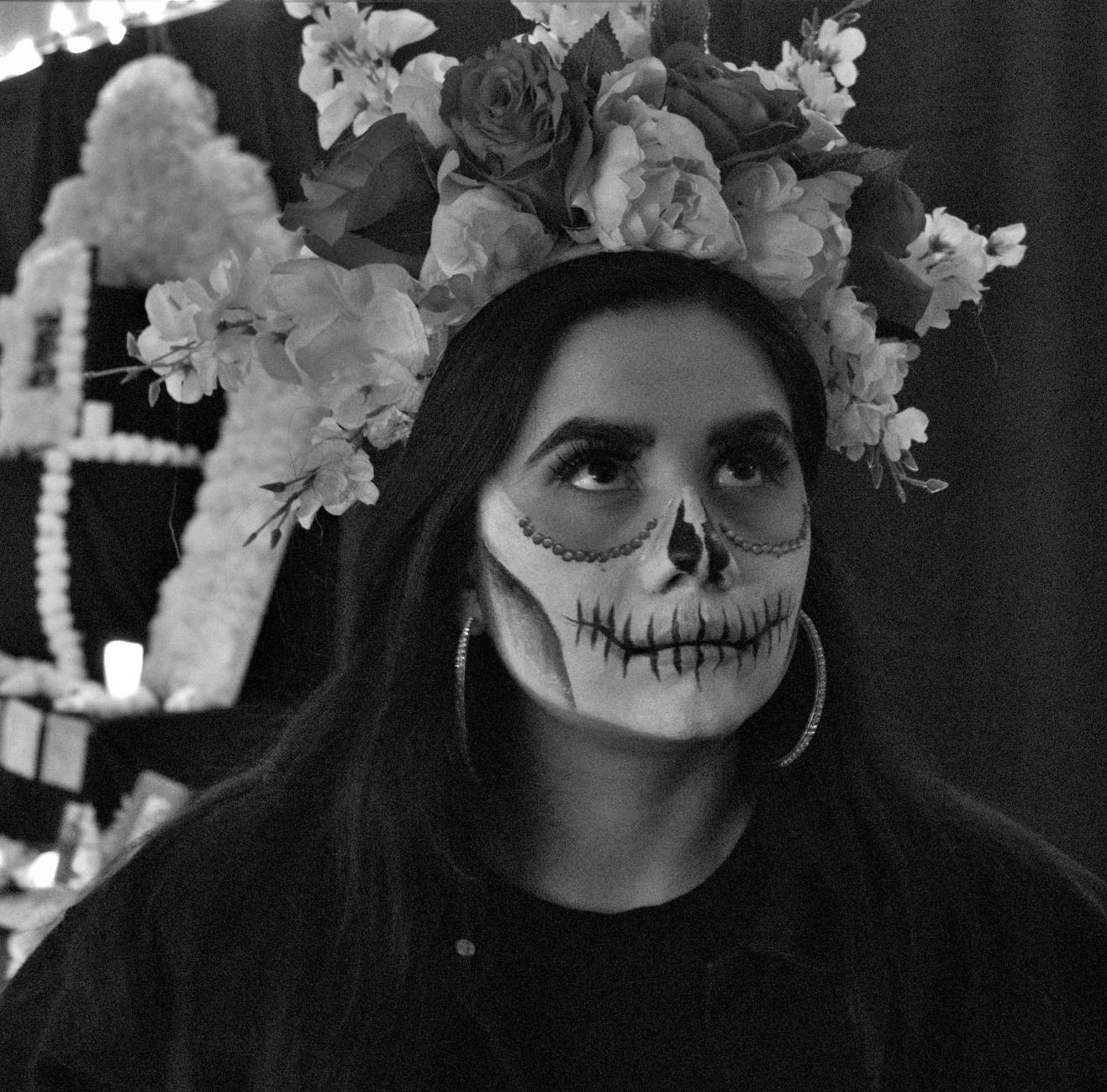
• De Colores Latinx Leadership Series
• Loteria Night
• Cooking with Katie
• The Latinx Assembly
• Summer Bridge Dinners
• Campus Life Training


• Welcome Back Reception
• Latinx Heritage Month
• Community Talks: Afro Latinidad
• Movie Night
• Myths & Legends of Latin America Exhibit
• Salsa Night
• Dia De Los Muertos

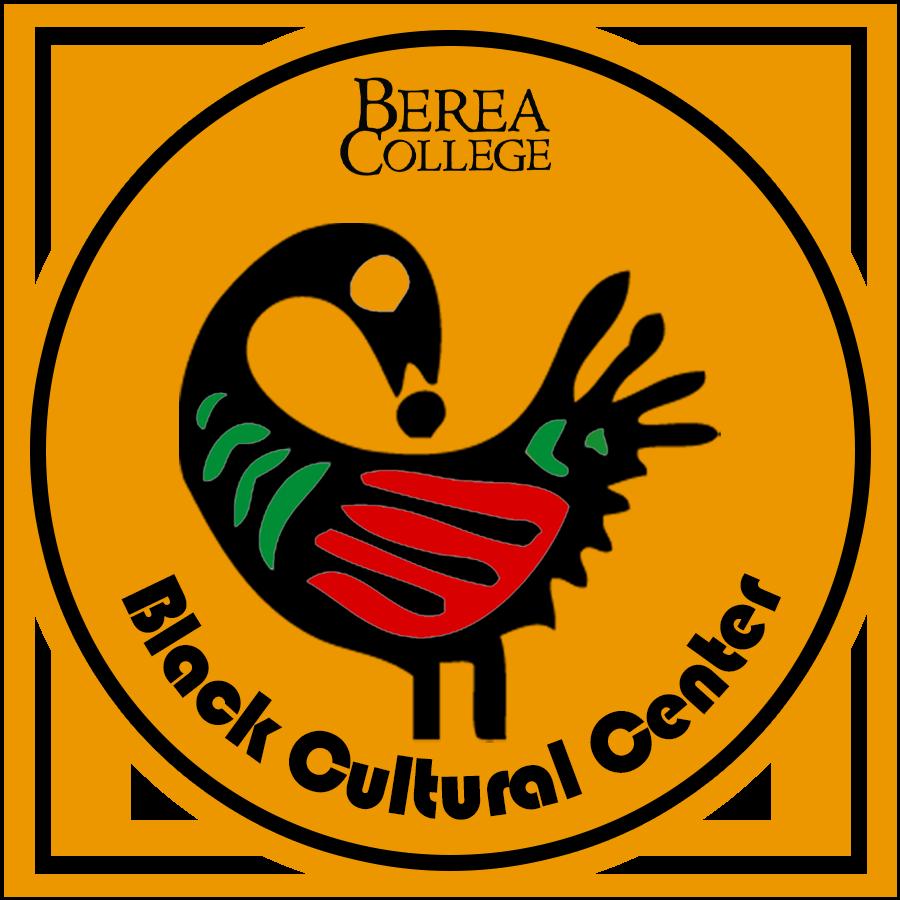
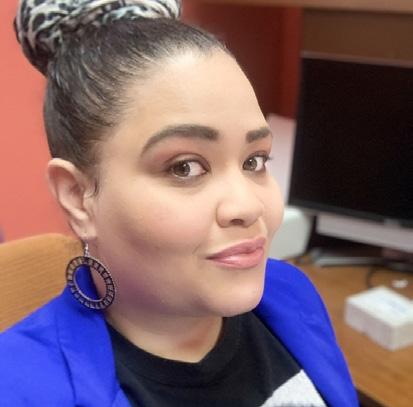
Kristina Gamble, the director of the Black Cultural Center (BCC) says, “as a Black Berean myself, I understand some of what my students are going through, especially those leaving majority Black communities for a less diverse area.” The mission of the BCC is to provide services that support the needs of African American people at Berea College. We do this through co-curricular programs, leadership development, intercultural and interracial understanding opportunities, academic excellence strategies, and other experiences.
The Black Cultural Center was established in 1983 after former Berea College President Willis Weatherford’s commission on campus racial equity with the understanding that true integration and equality cannot happen without awareness, understanding, and appreciation of black culture. Over three decades later, the philosophical foundation of the BCC has not changed. The Center offers programming and a welcoming space for Black Bereans that also educates the wider non-Black campus community.
The BCC hosts cultural events that welcome the entire Berea community to celebrate Blackness, such as the Black Student Union’s annual pageant.
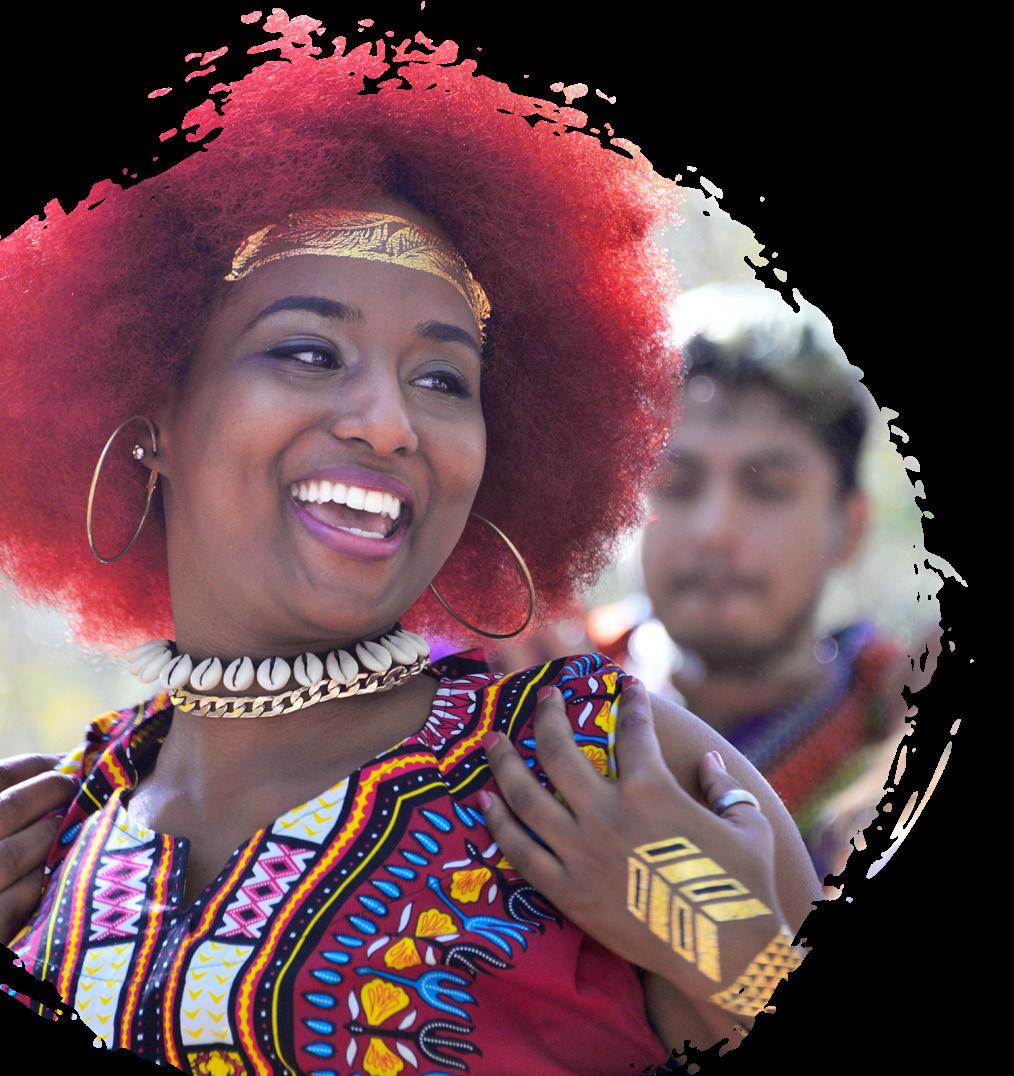
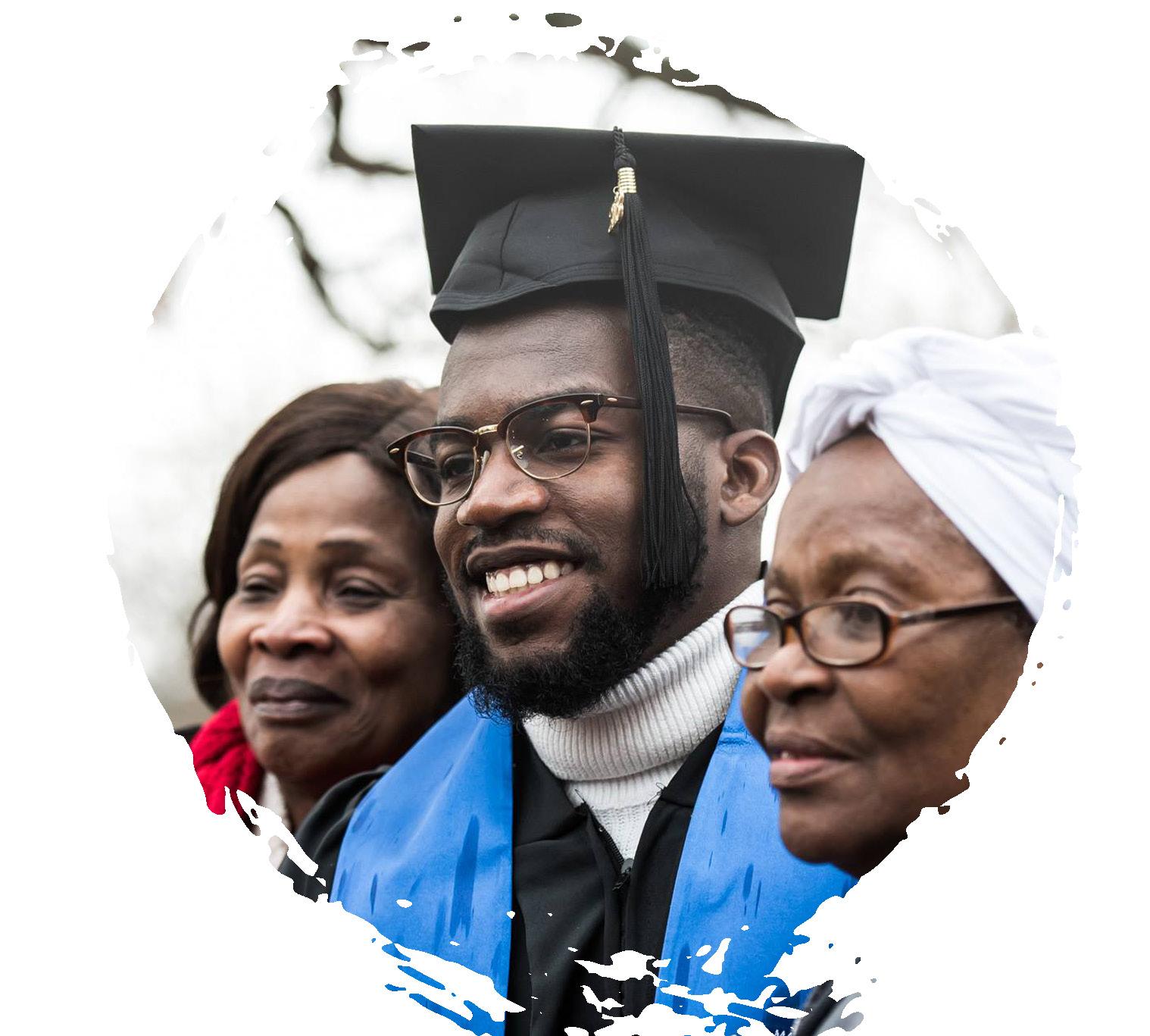
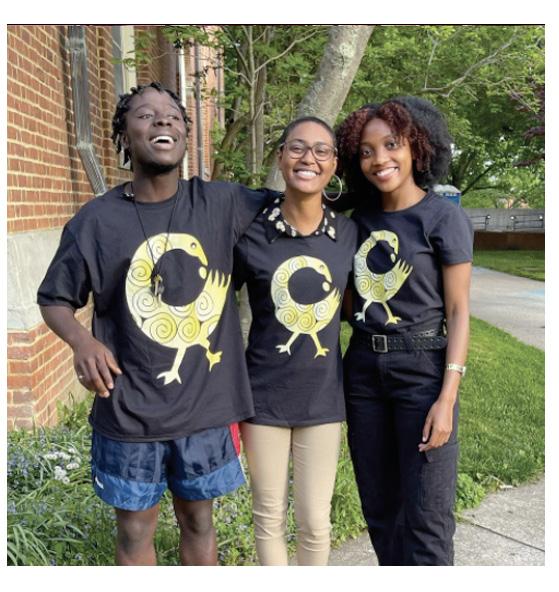
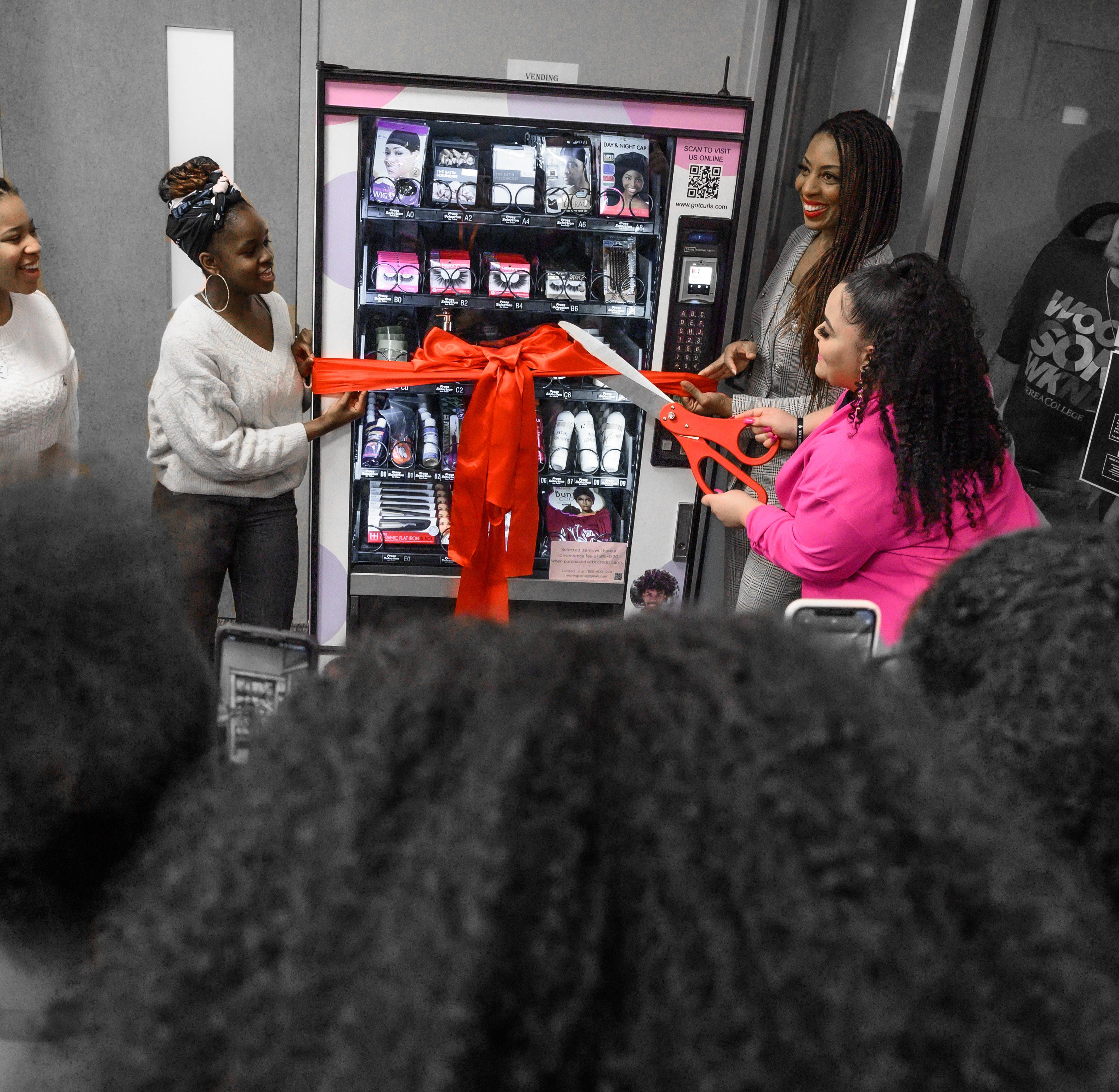
• BSU Pageant
• Kula Kusoma: To Eat, To Learn!
• Open Mic Night
• Epic Rap Battles of Black History
• Guided Meditation
• Black History Month Trivia
• Hair Care for Dummies


• R&B Karaoke Night
• Melanin Masterclass
• Creatively Telling our Stories
• MLK Convocation
• Truth Talks: Growing Up Black & Appalachian
• Chop it Up: Barber Shop Event

CELTS strives to educate students for leadership in service and social justice through promotion and coordination of academic service-learning and student-led community service. CELTS serves as a common meeting place for those involved with Berea’s service-related activities.

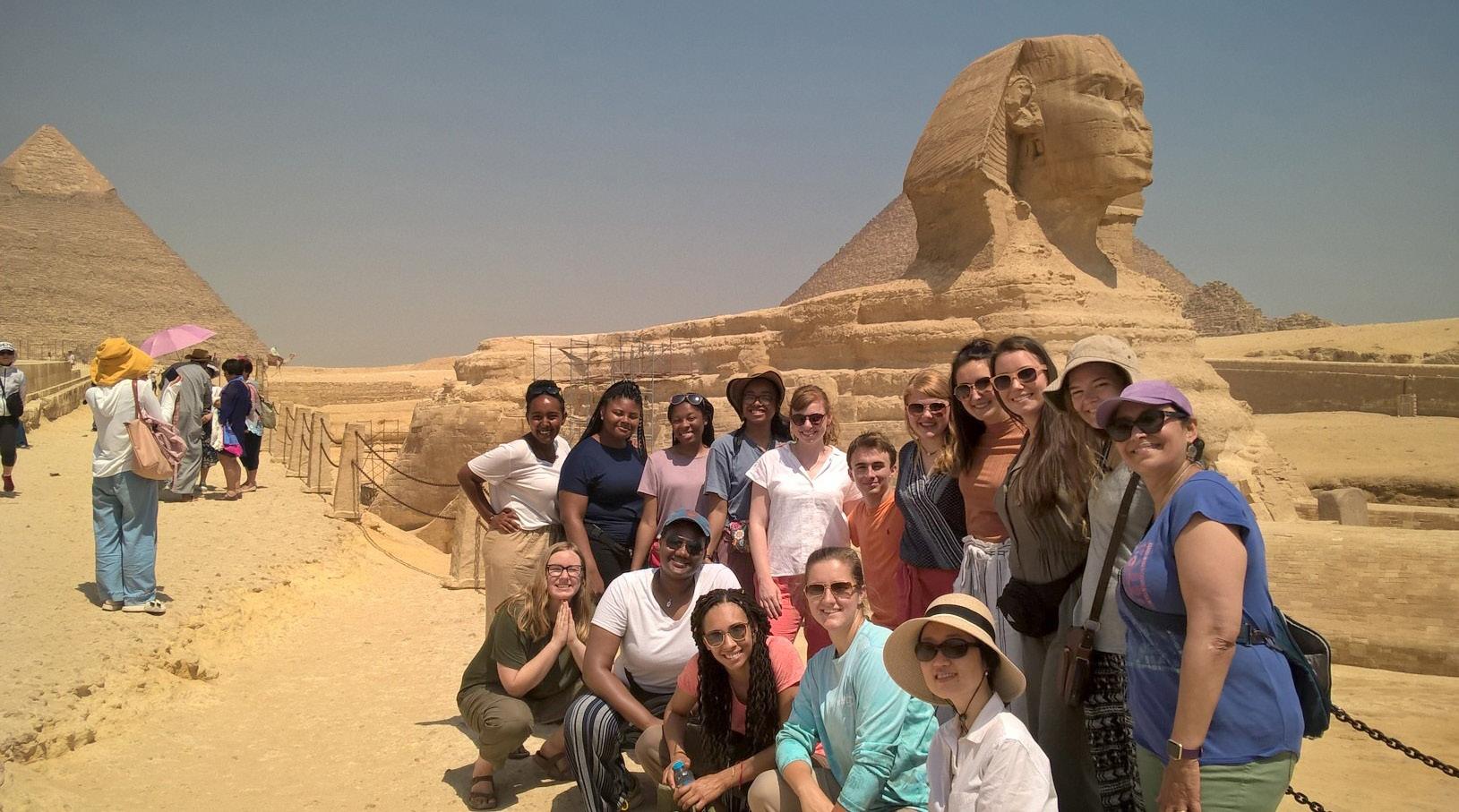
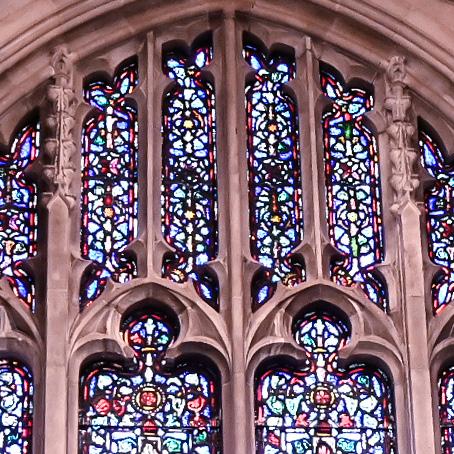
The CCC provides devotional study of Christian scripture, interfaith conversations and events, and intellectual and spiritual engagement with the Christian faith through convocations, lectureships, workshops, and occasional spiritual retreats. Additionally, professional college chaplains offer pastoral counselling.
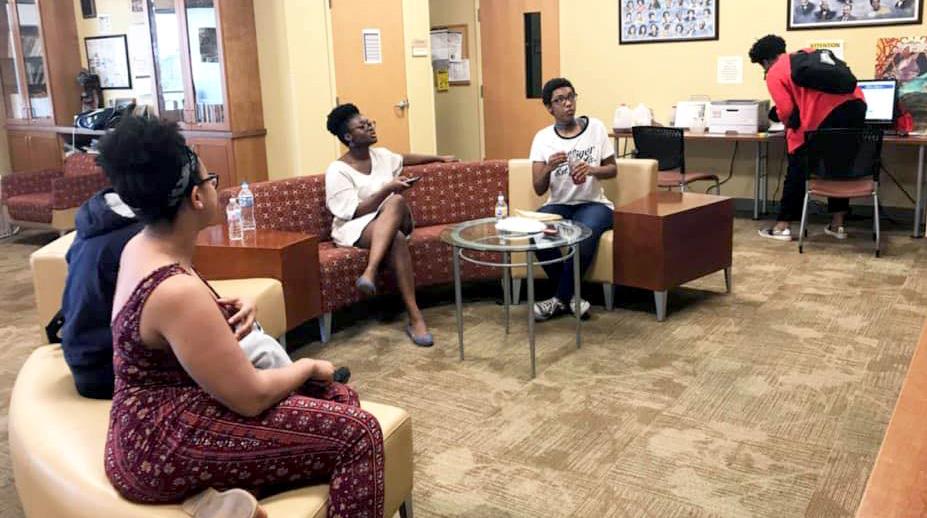

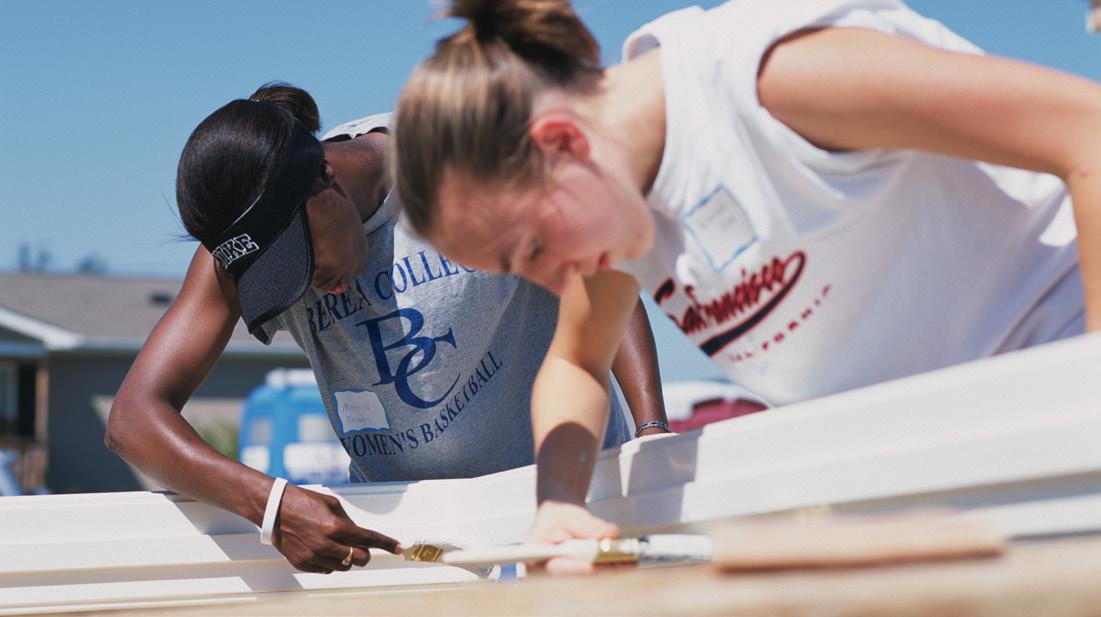
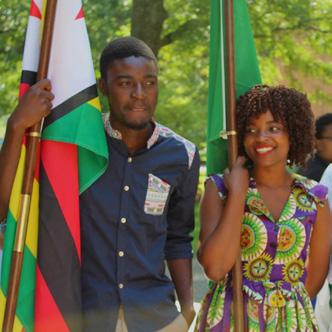

The CIE fosters understanding of, and respect for all peoples of the earth. The CIE provides study abroad opportunities and on-campus cross-cultural engagement through special lectures and forums, cultural events (such as dance and music performances), hosting Fulbright scholars, and holding religious ceremonies.


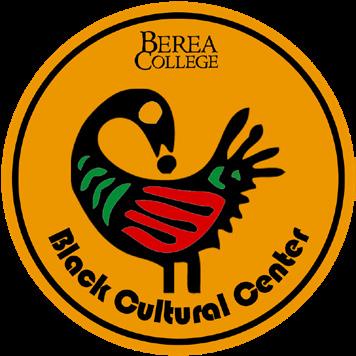
The BCC is designed to provide services that facilitate a campus environment that is supportive of the needs of Black/African American peoples at Berea College. Through programming, the center provides services to support the recruitment, retention, and graduation of Black students.
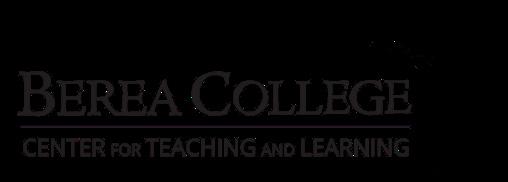
The CTL brings together trained faculty, staff, and student leaders to deepen their confidence, skills, perspectives, and insights as readers, writers, learners, and teachers. Get one-on-one help with everything from essays to resumes and the academic support you need to excel in college.
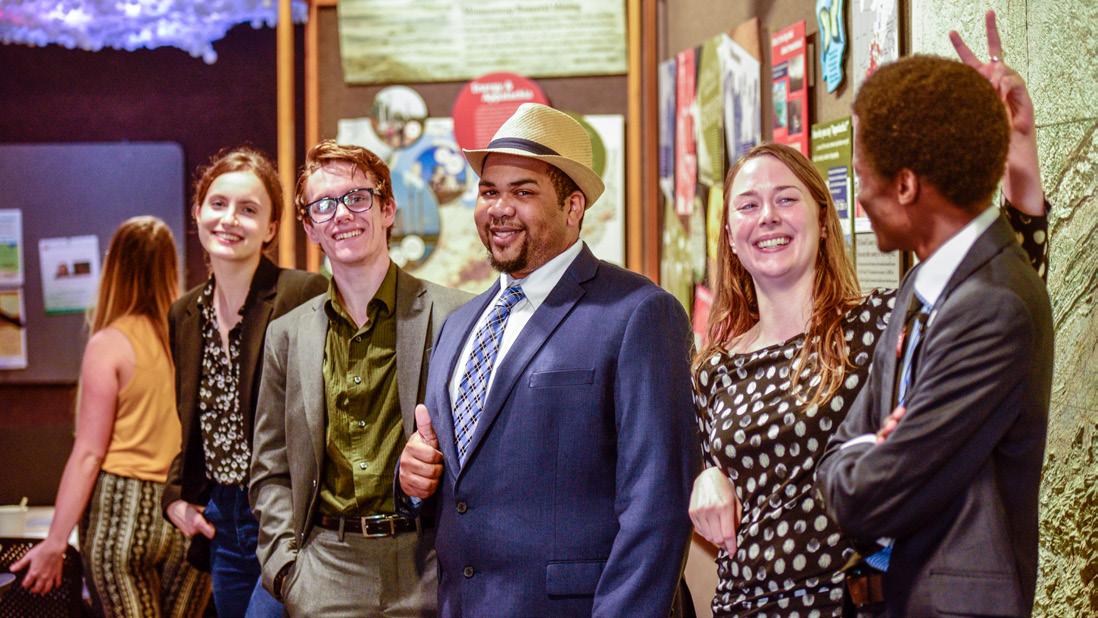

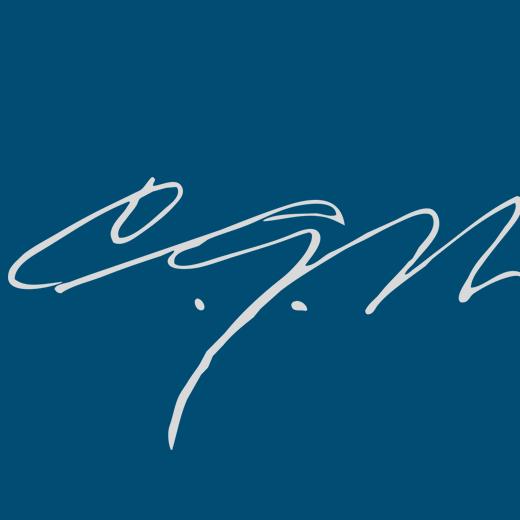
The CGWC fosters communication around Berea College’s Great Commitment: To assert the kinship of all people and provide interracial education with a particular emphasis on understanding and equality among blacks and whites.
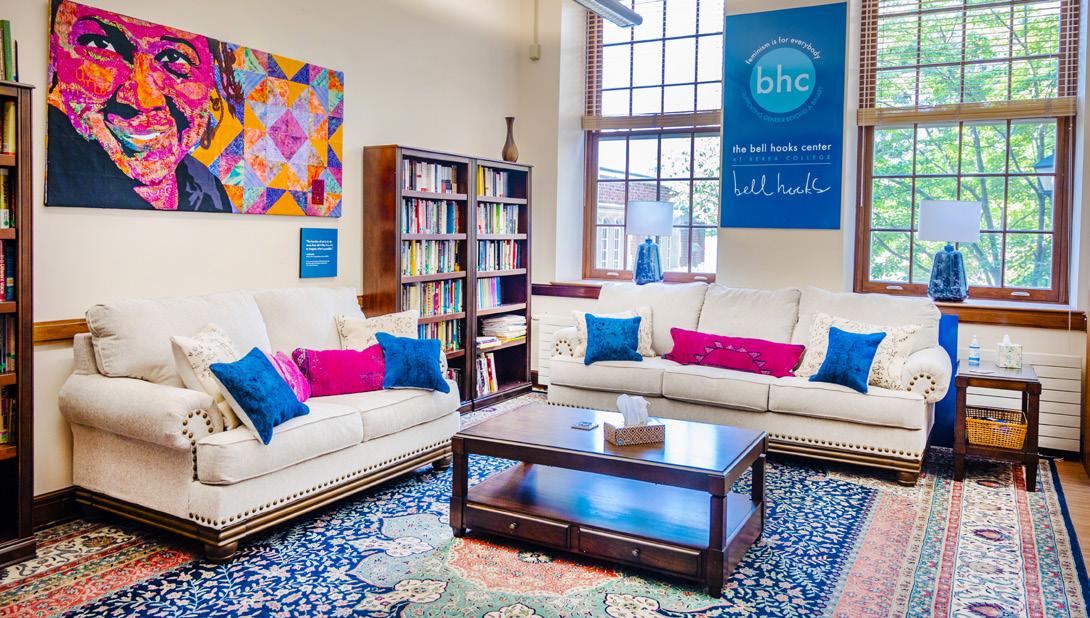
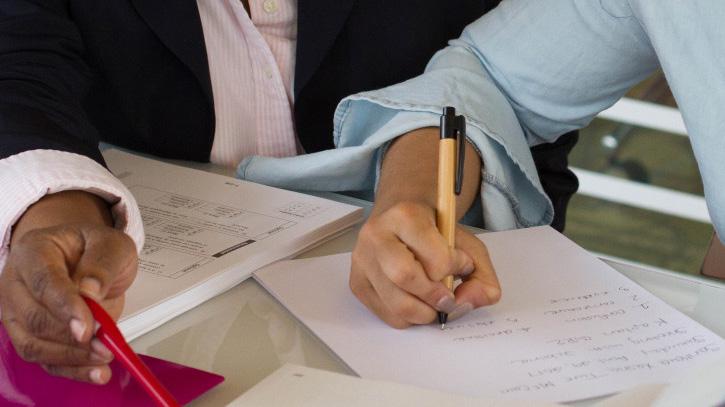
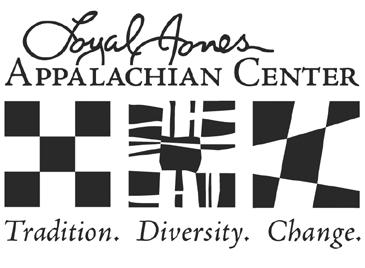

The LJAC exists to support the success of students from Appalachia as well as explore and illuminate, for all people, the richness of the Appalachian region, people, and cultures by celebrating, sustaining, and sharing the historical and cultural diversity in Appalachia...recognizing the importance of place and heritage in a rapidly changing world.
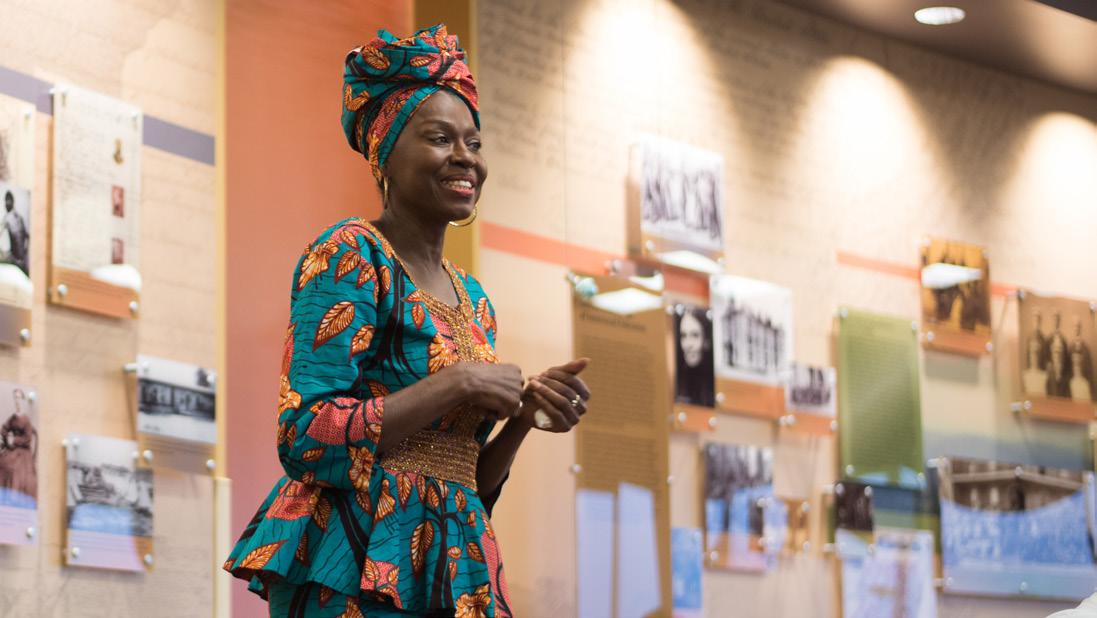


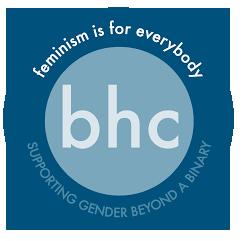
The bell hooks center is an inclusive space where historically under-represented students can come to be as they are, outside of the social scripts that circumscribe their living. We curate programs, collaborations and events that affirm these students’ sense of self and belonging—on campus and in the world.
